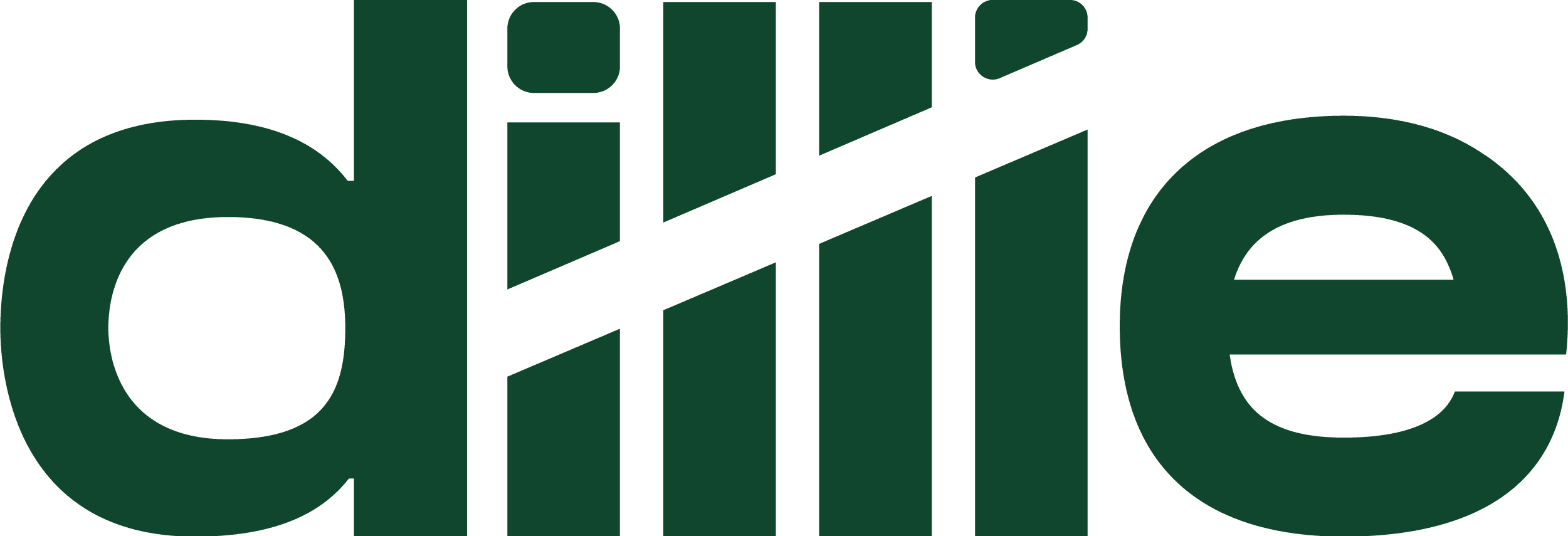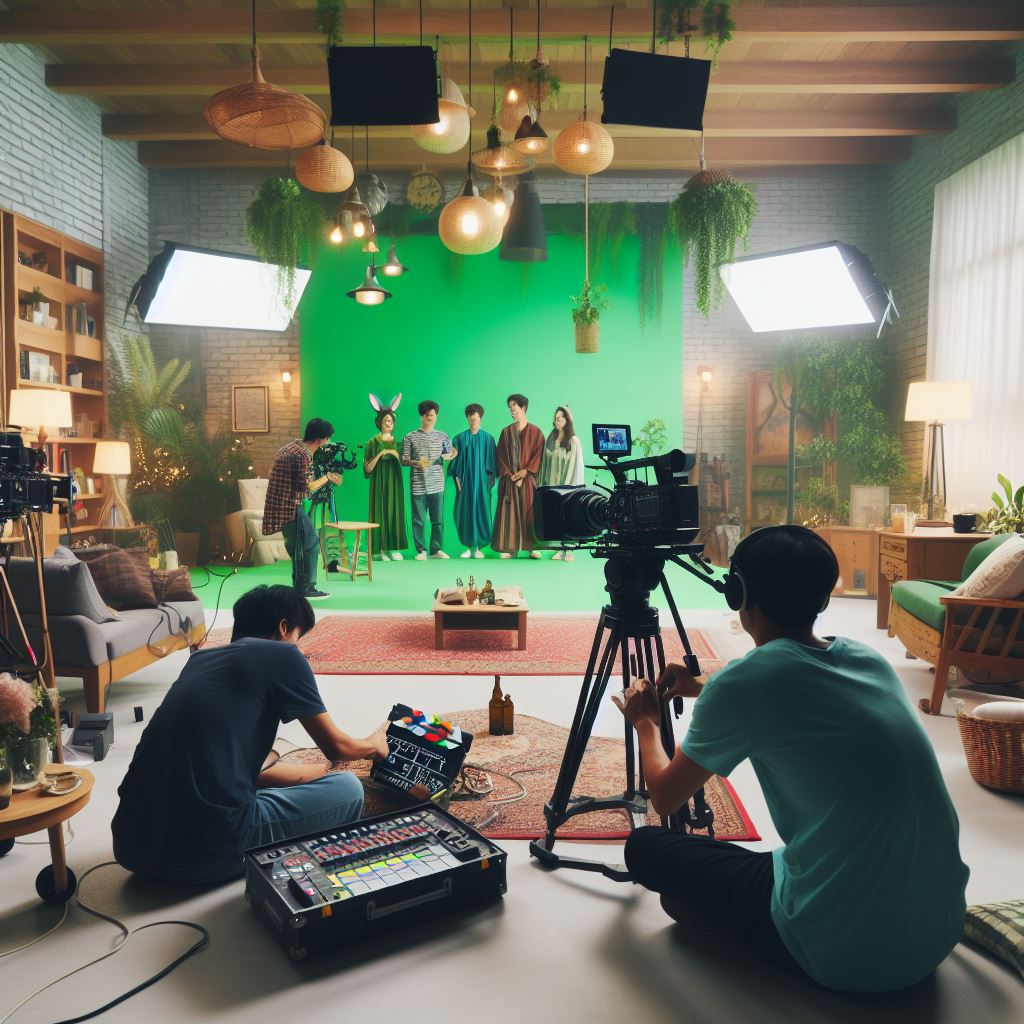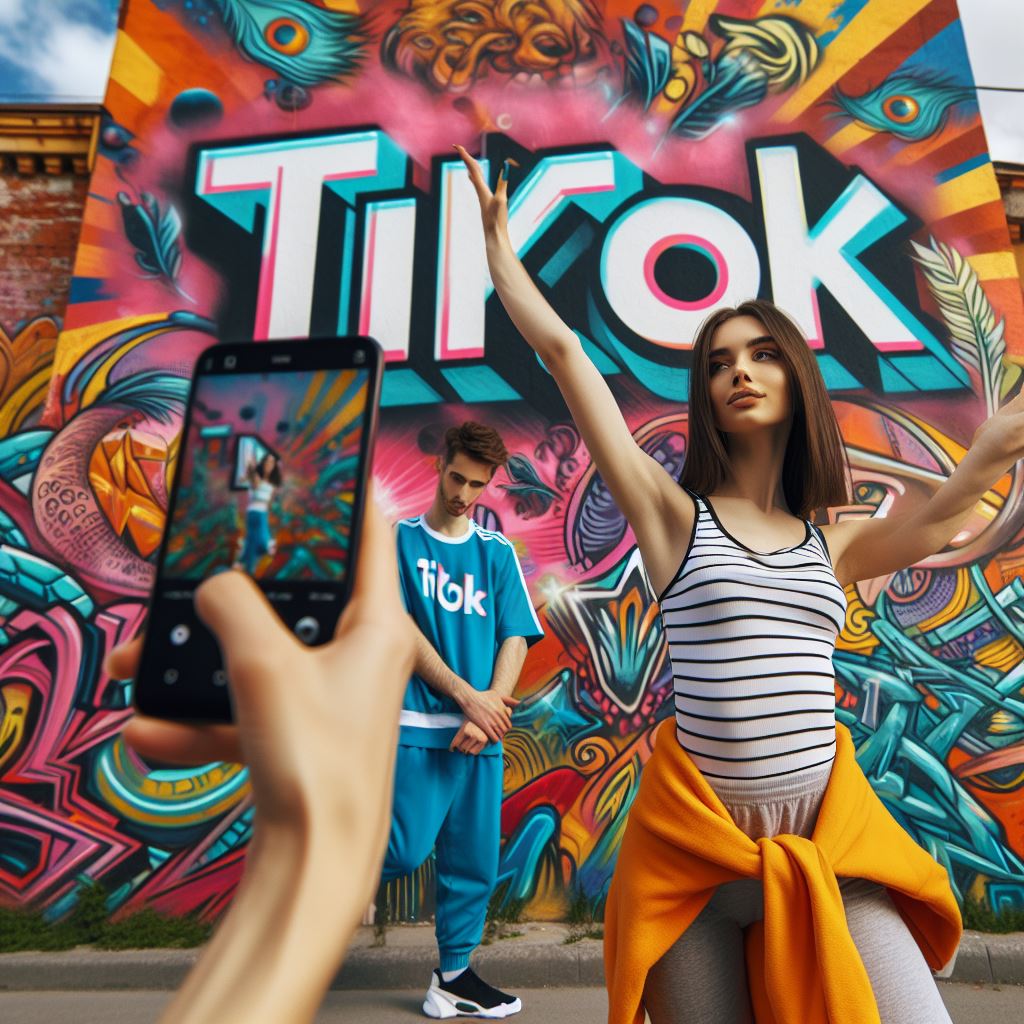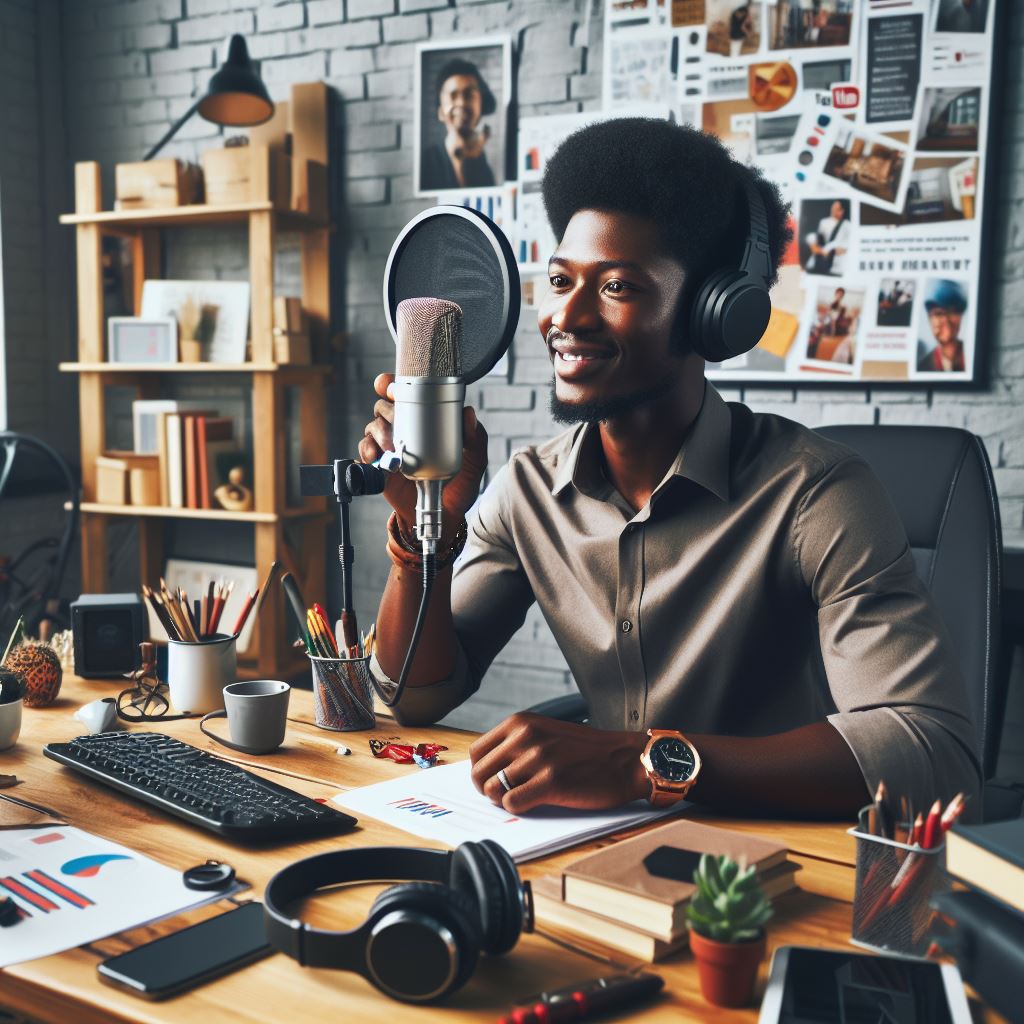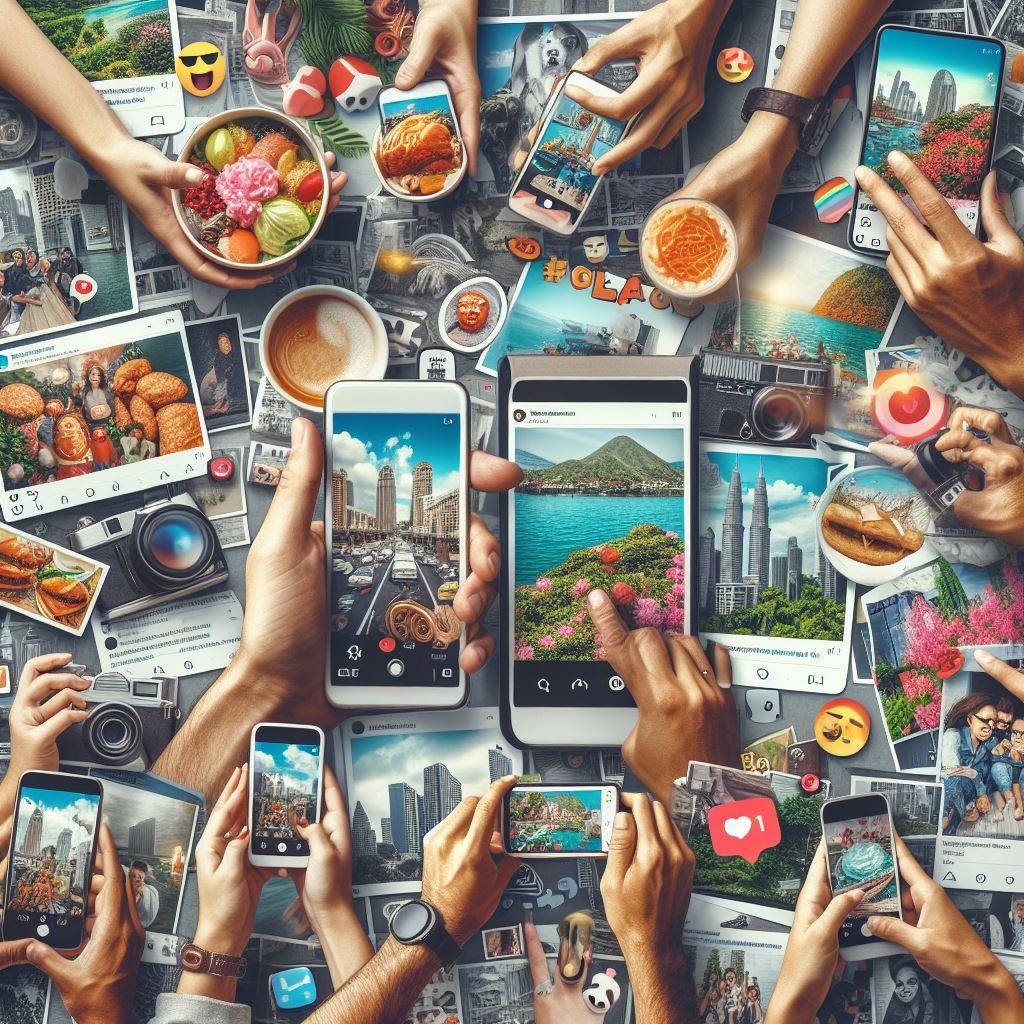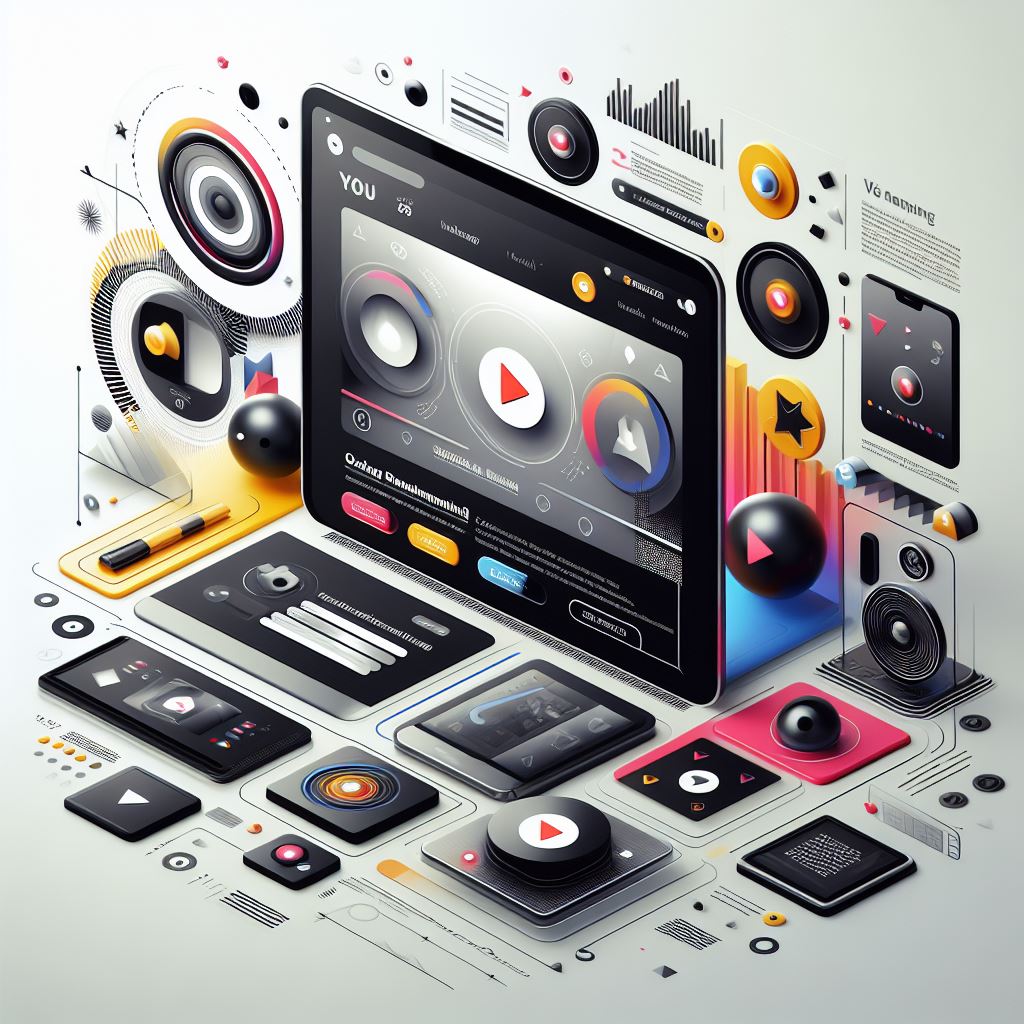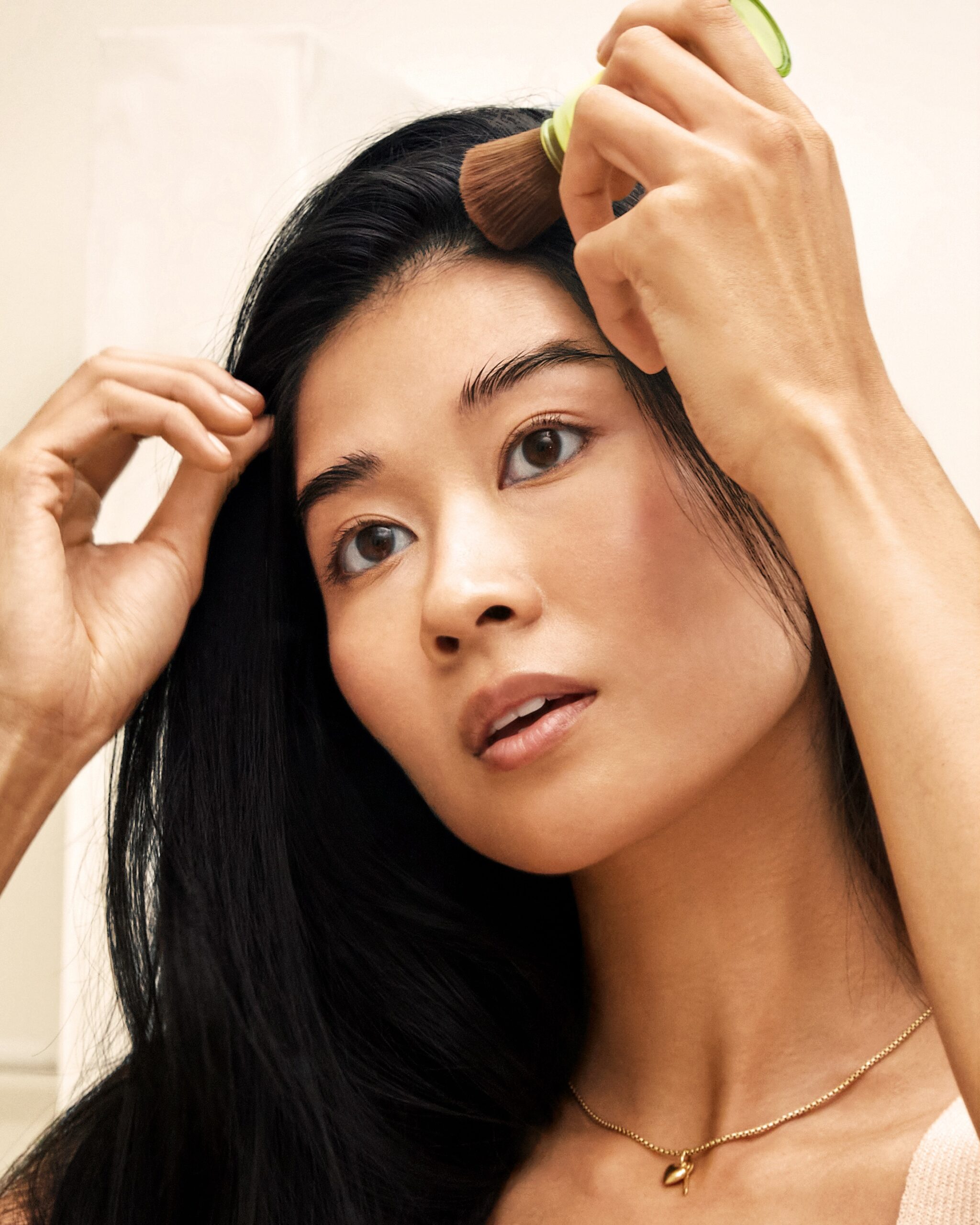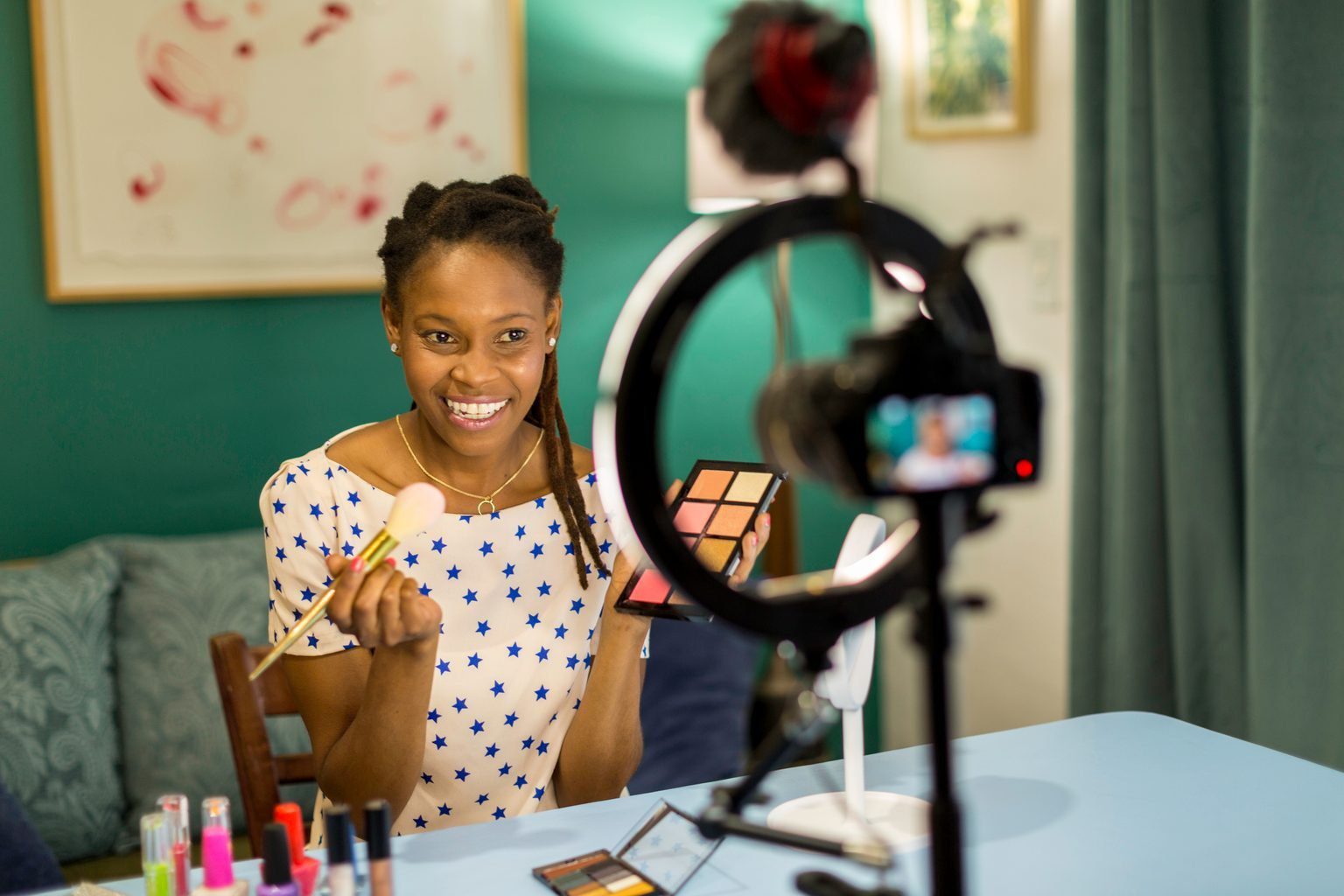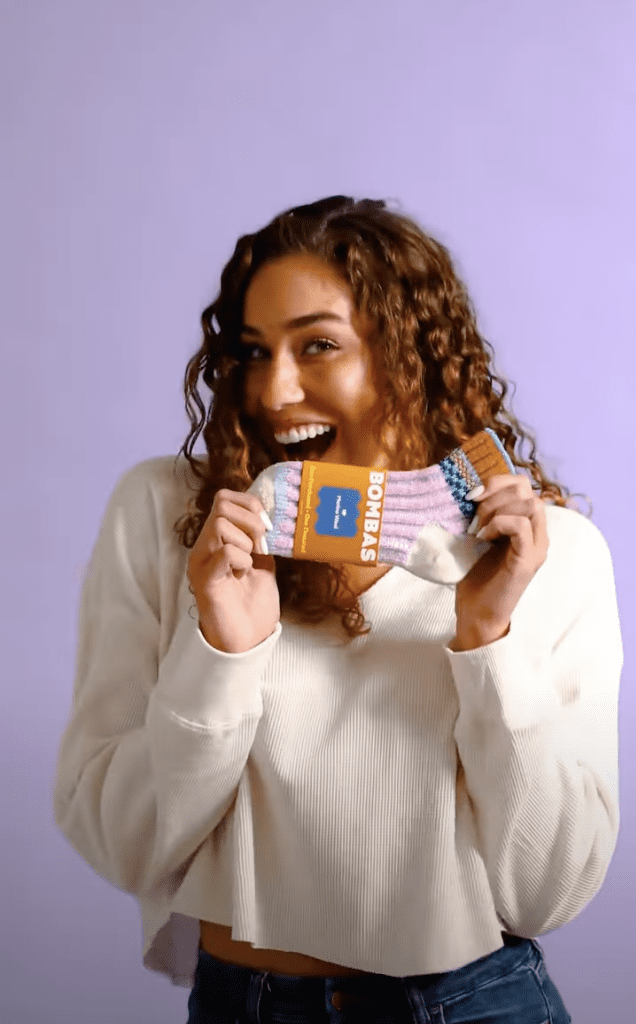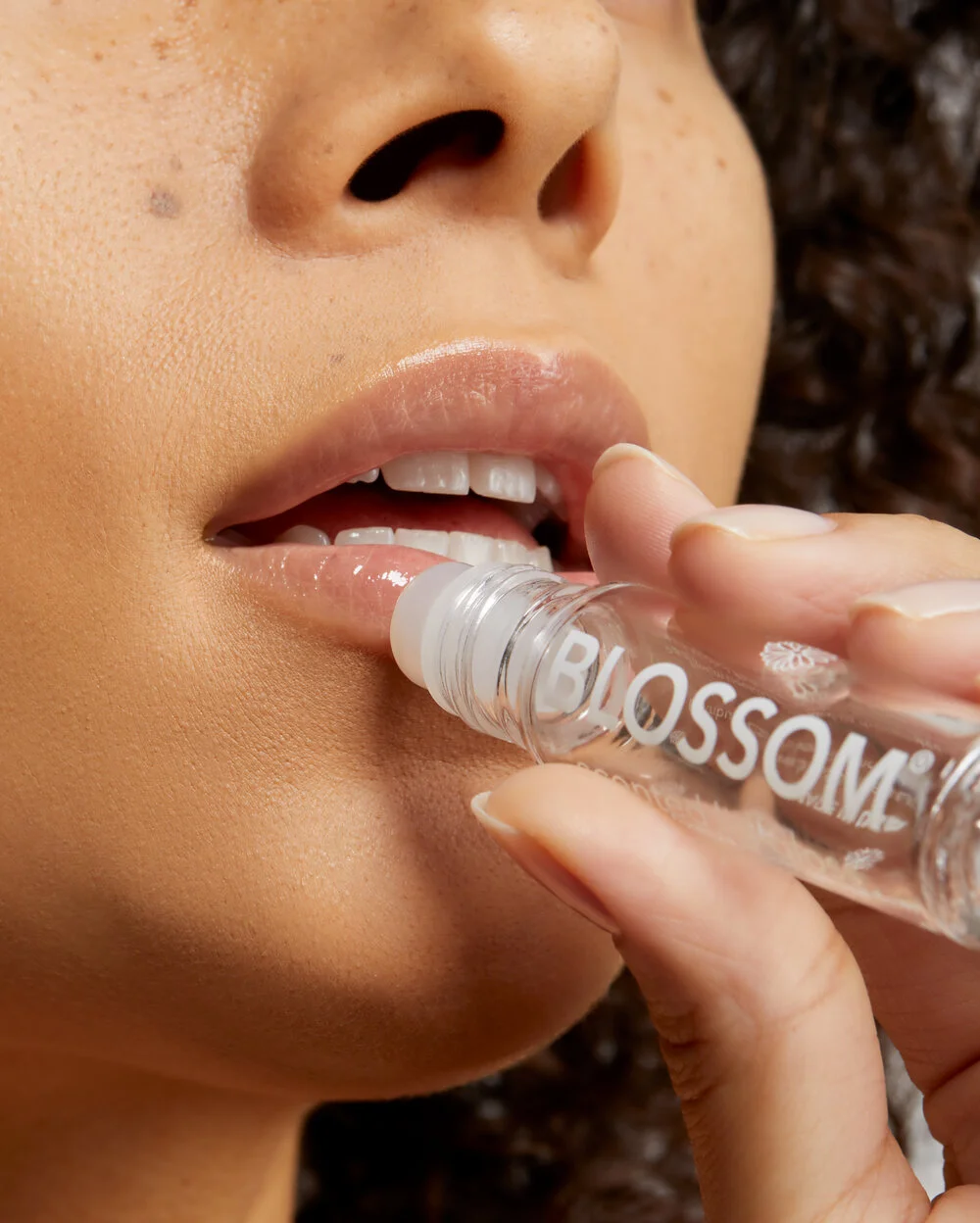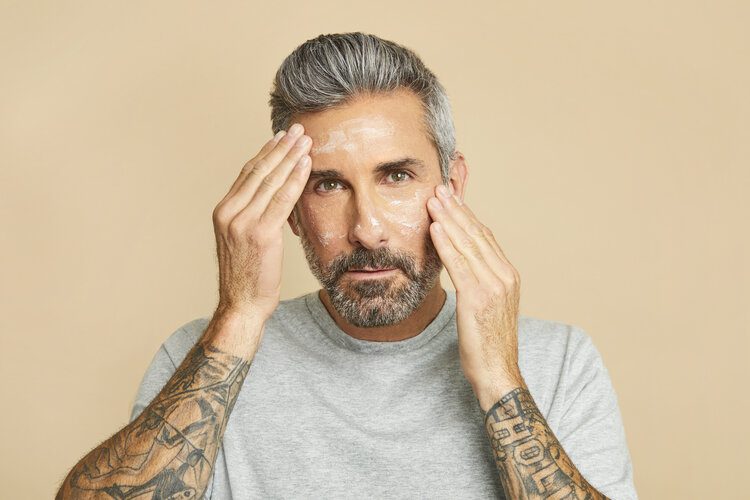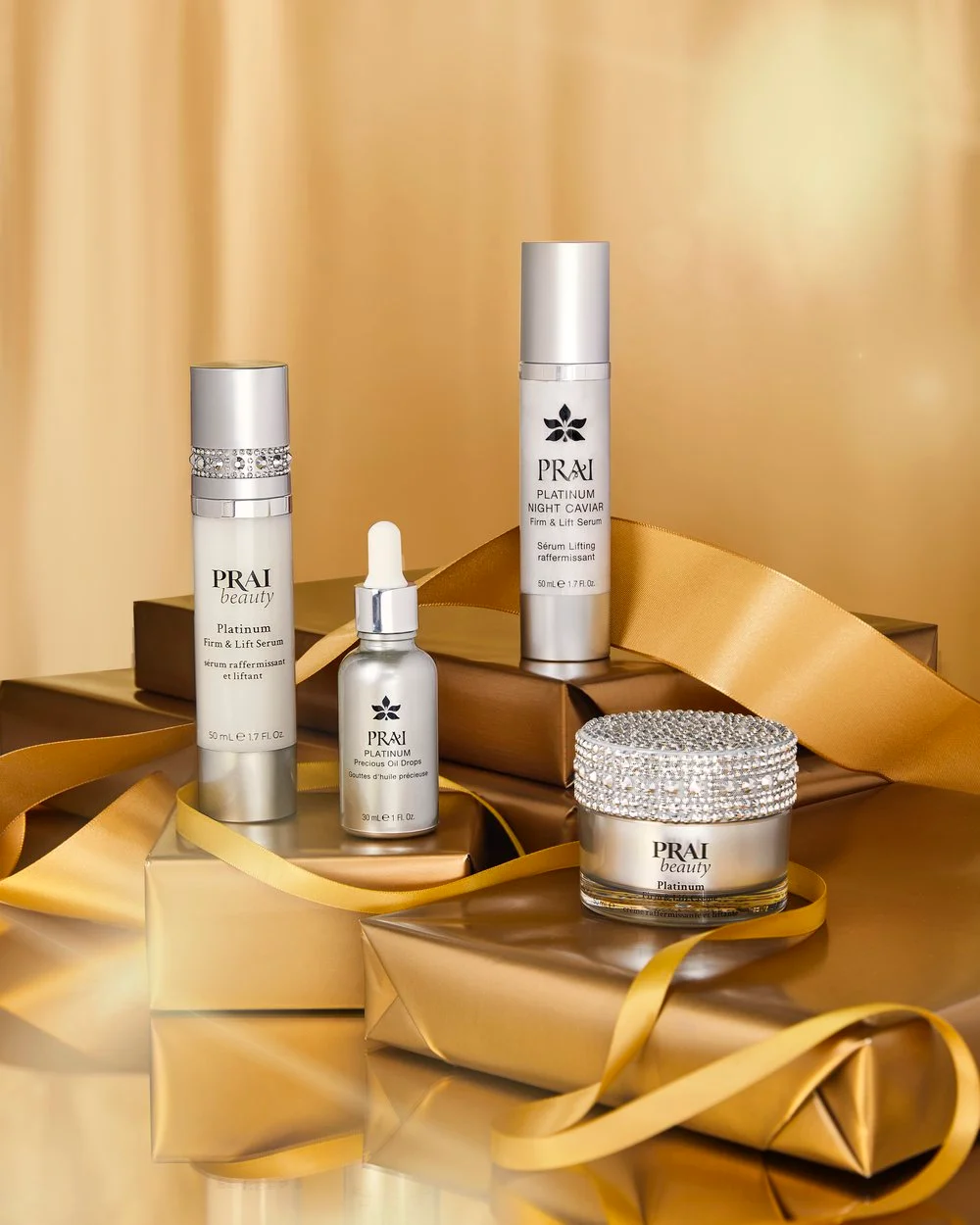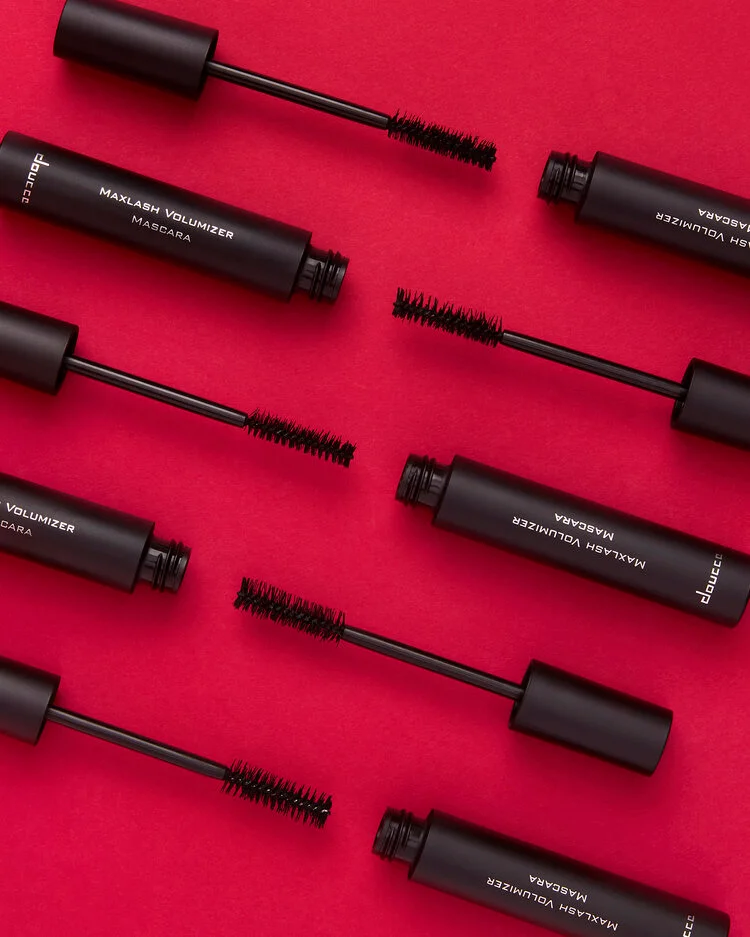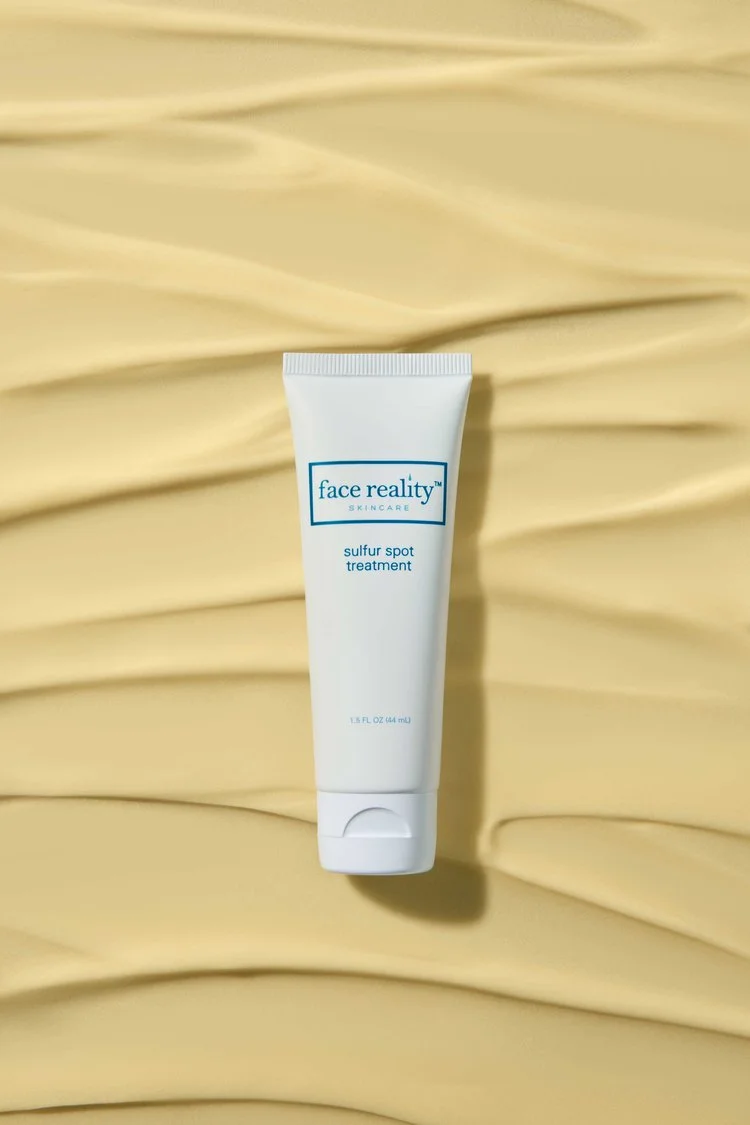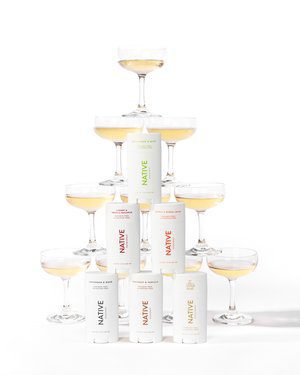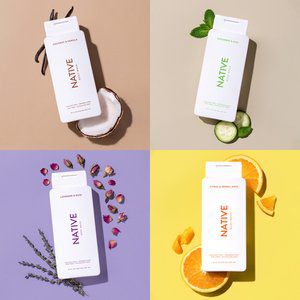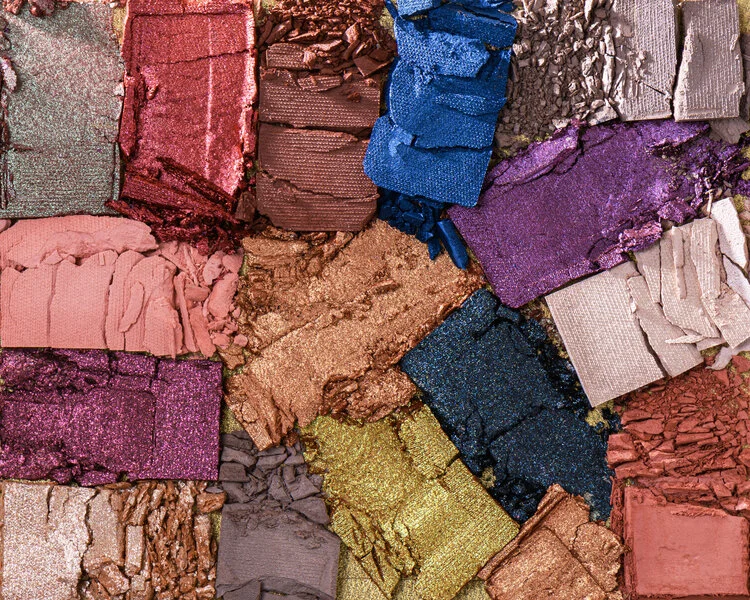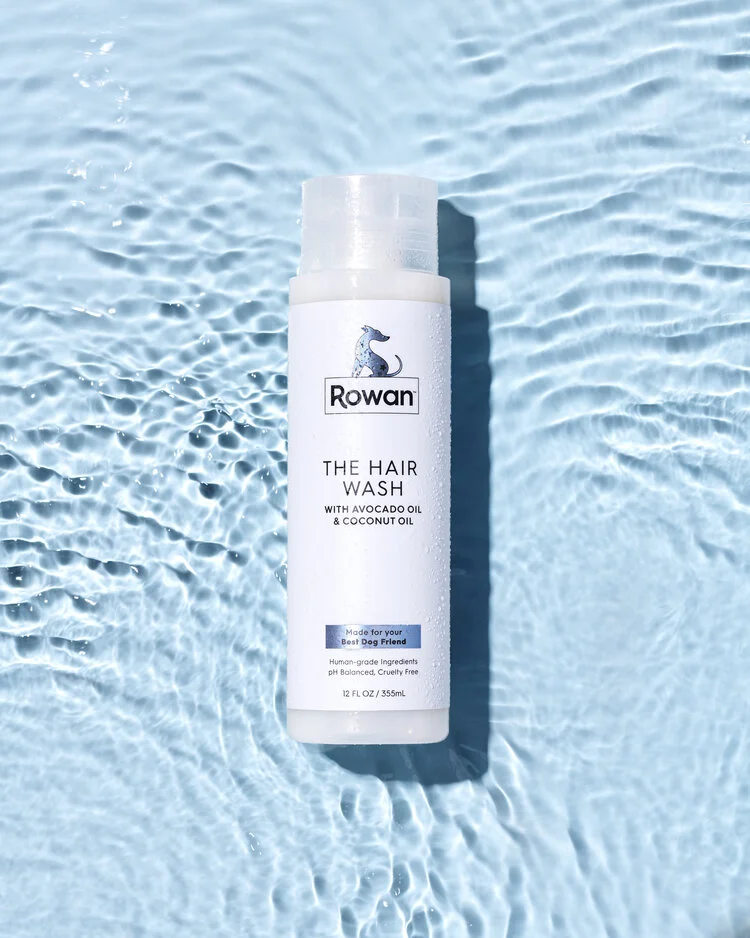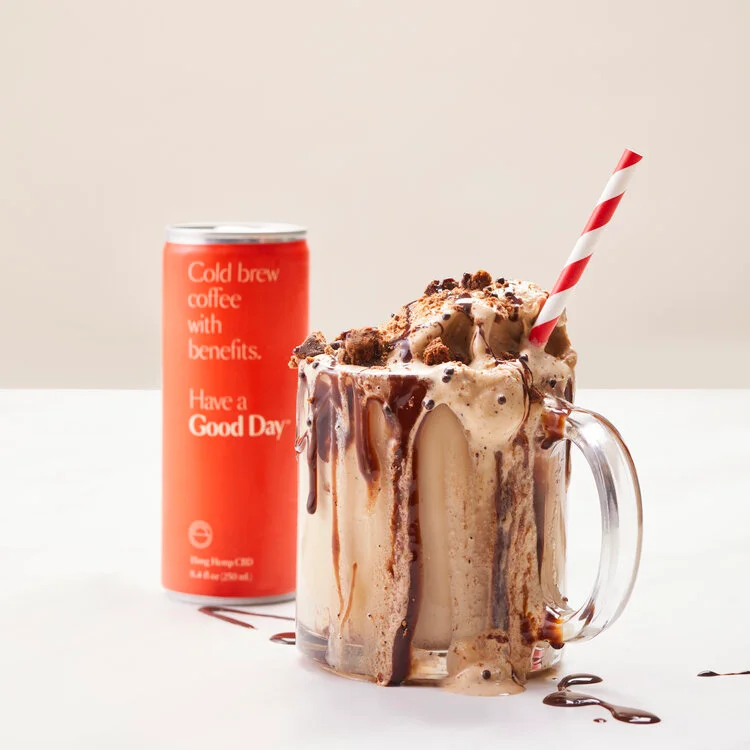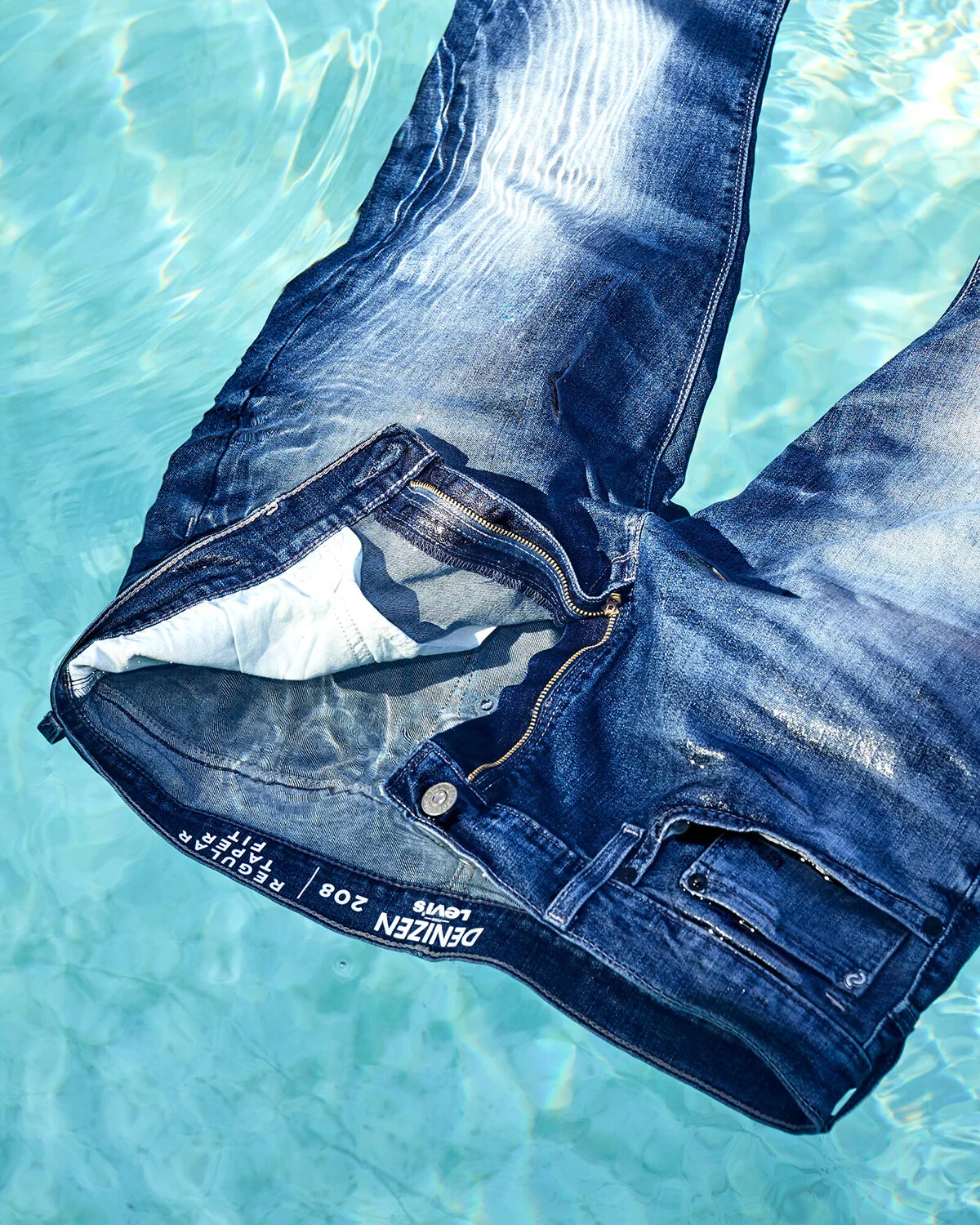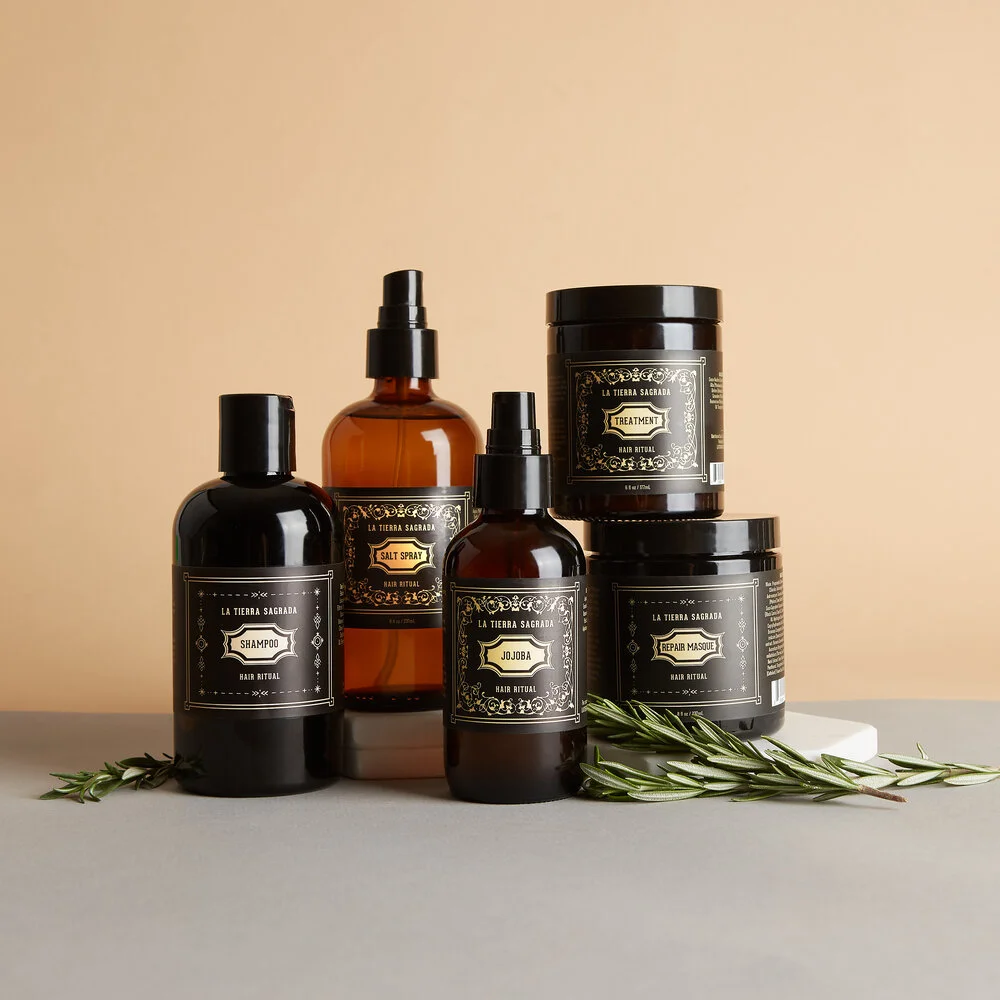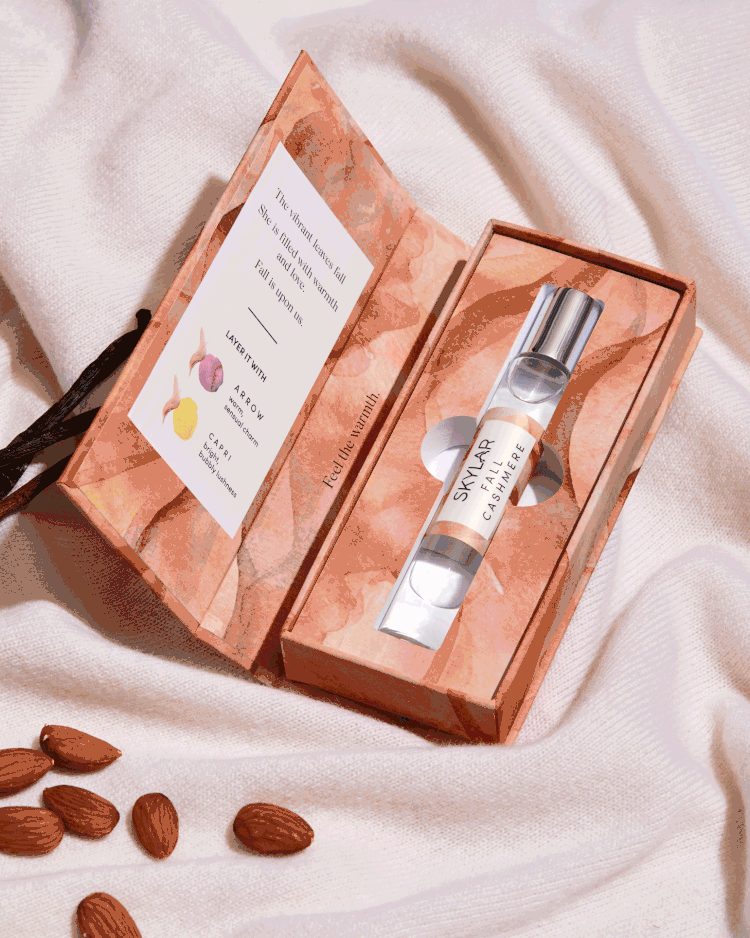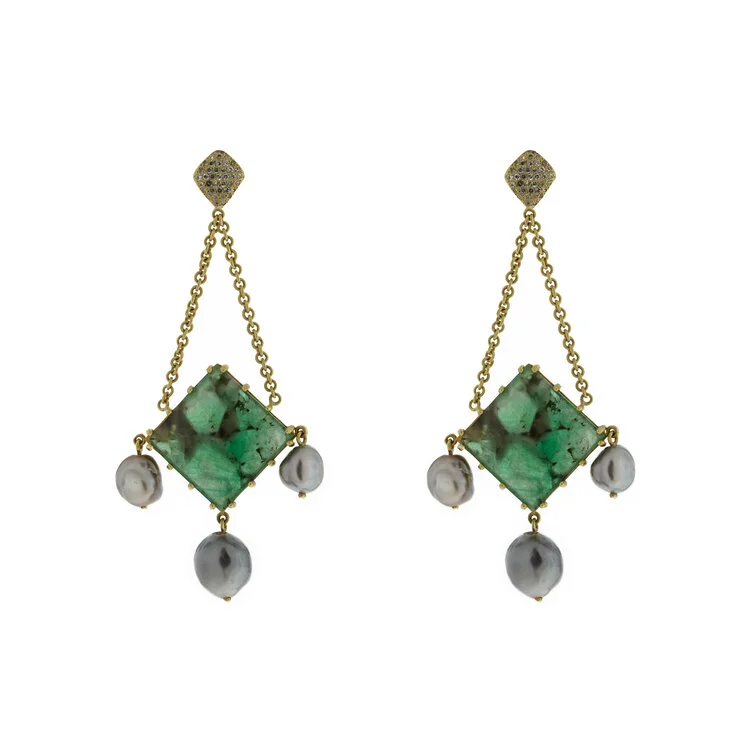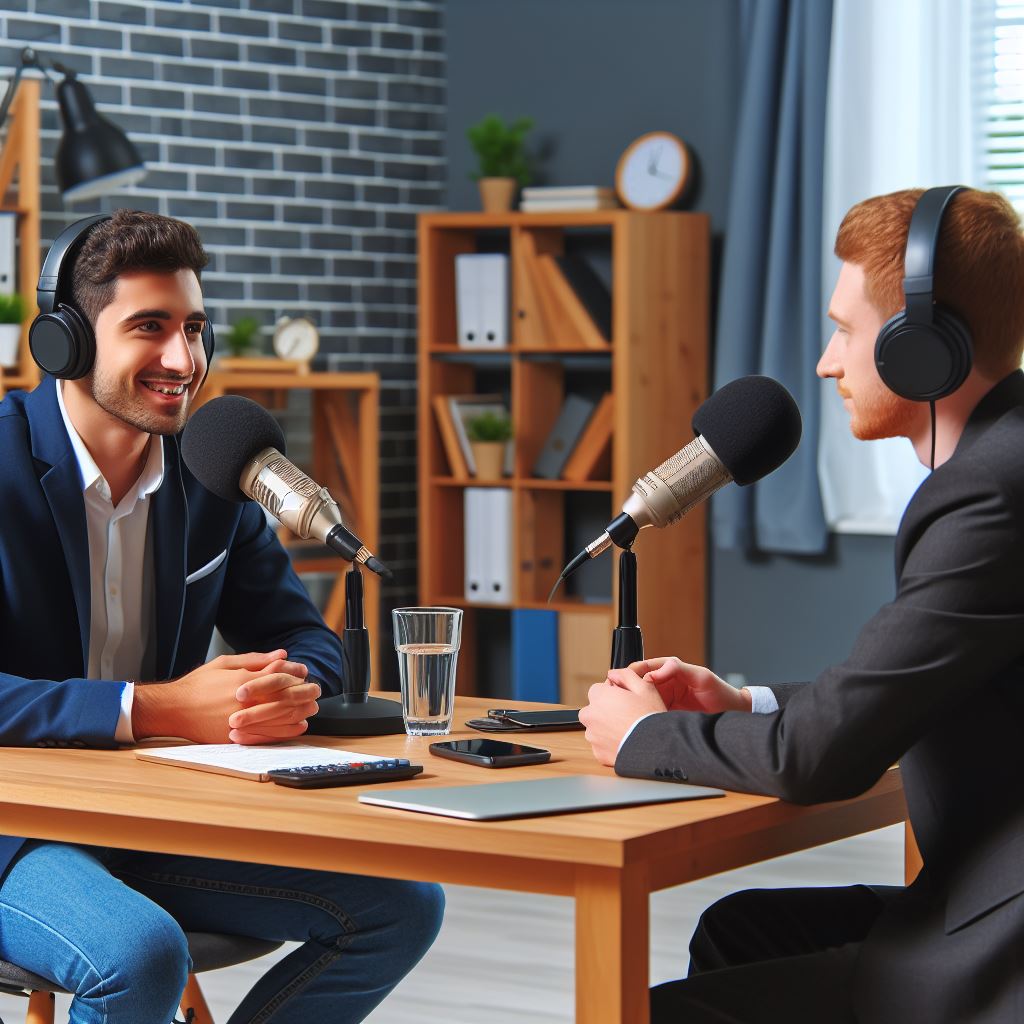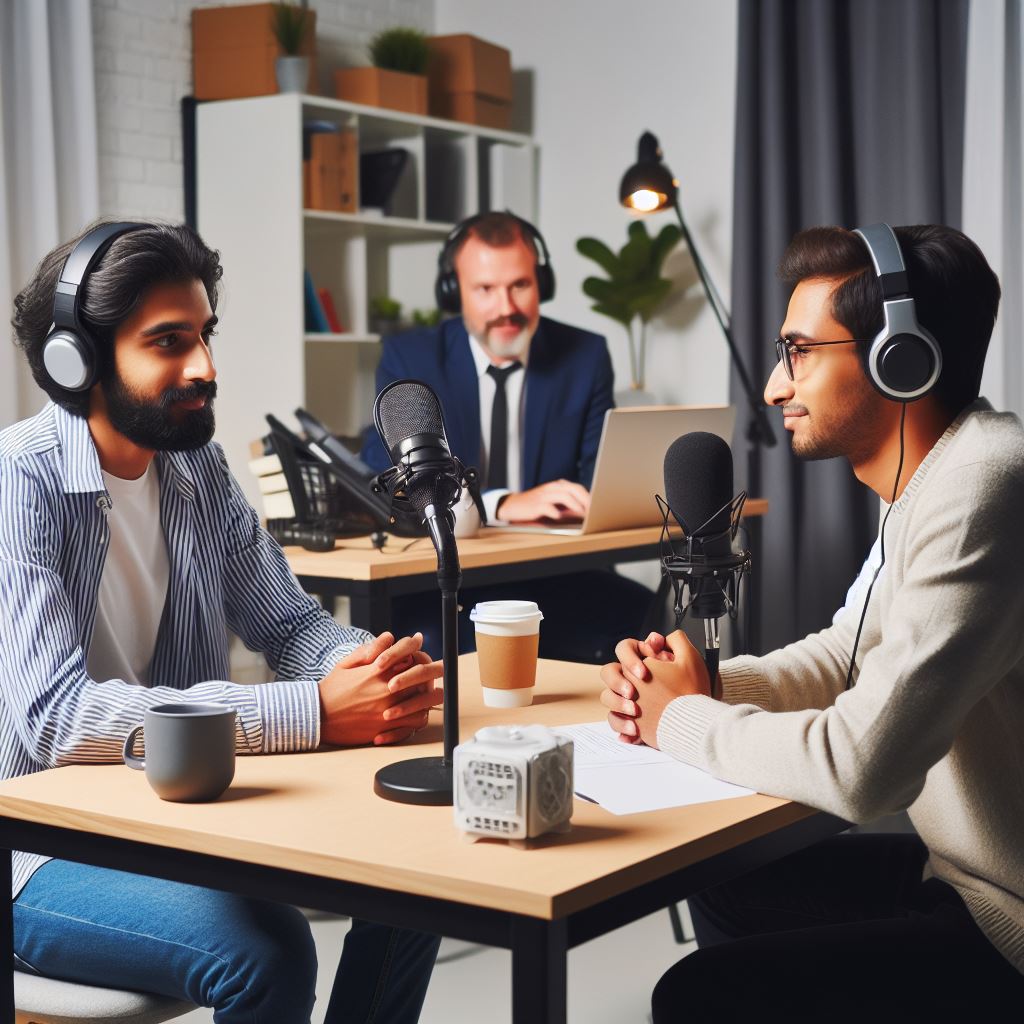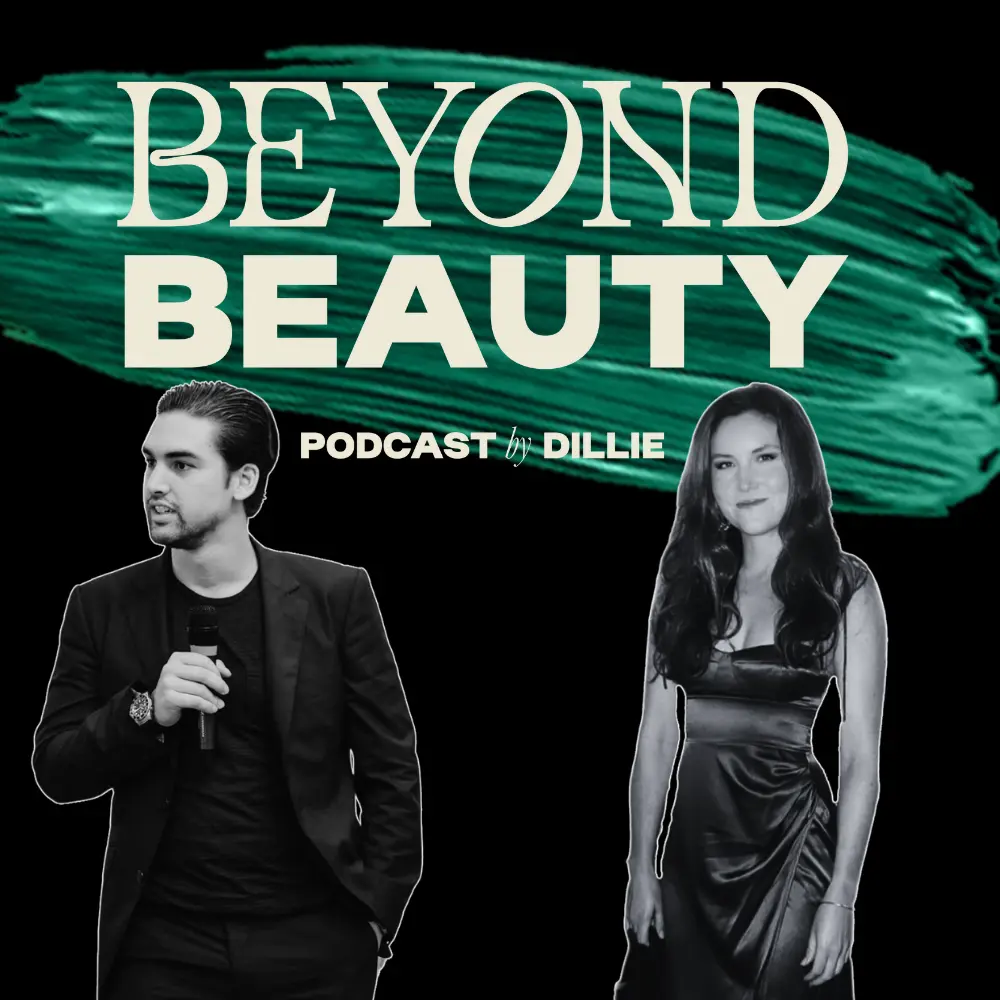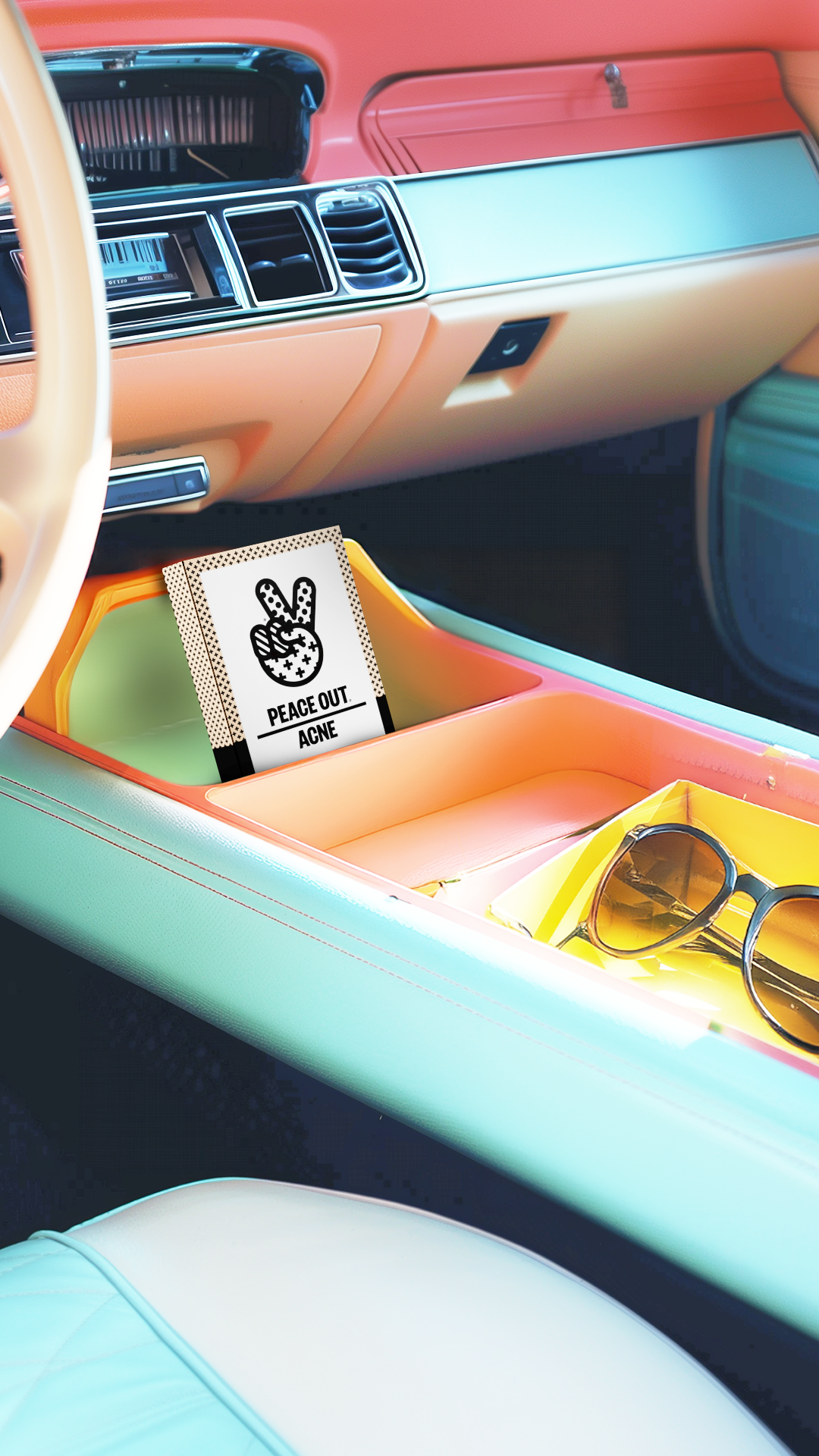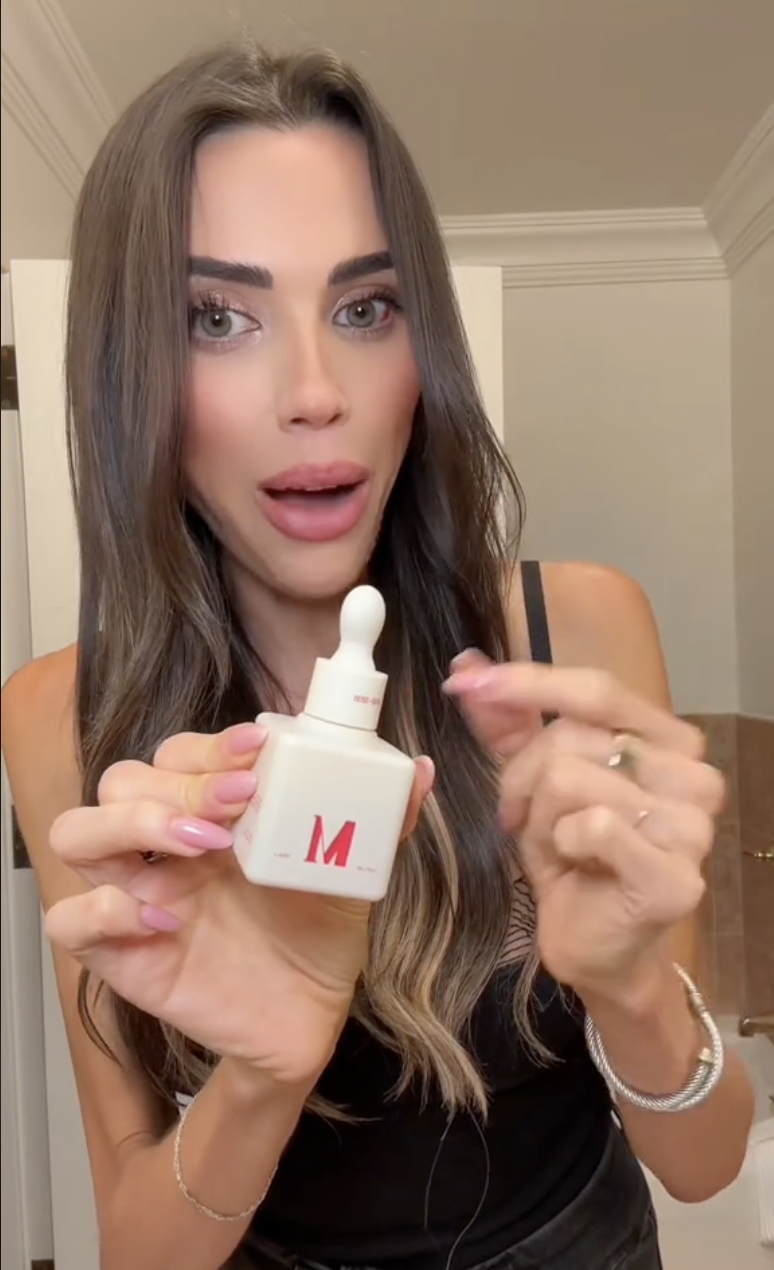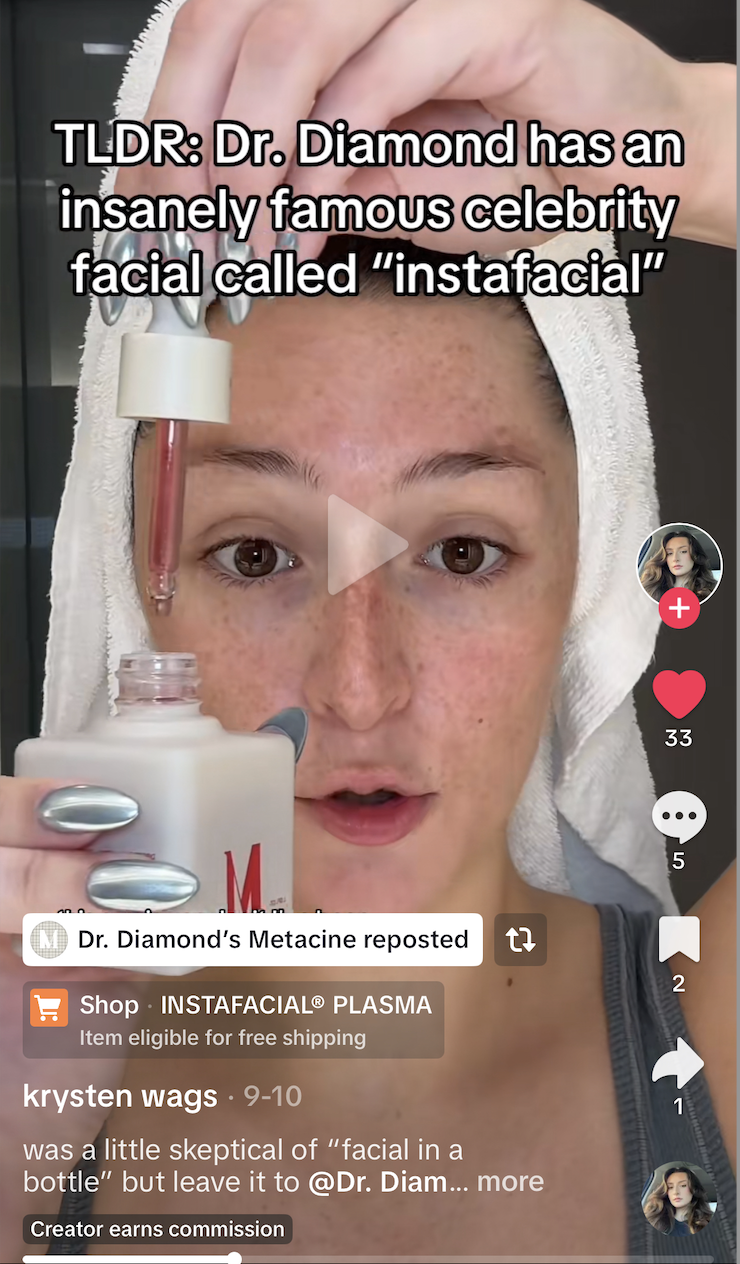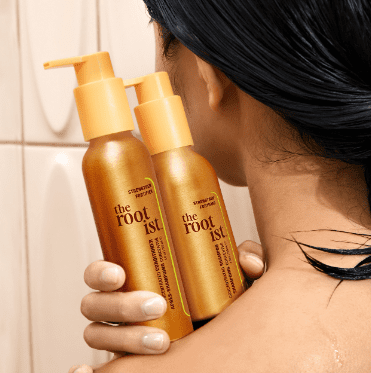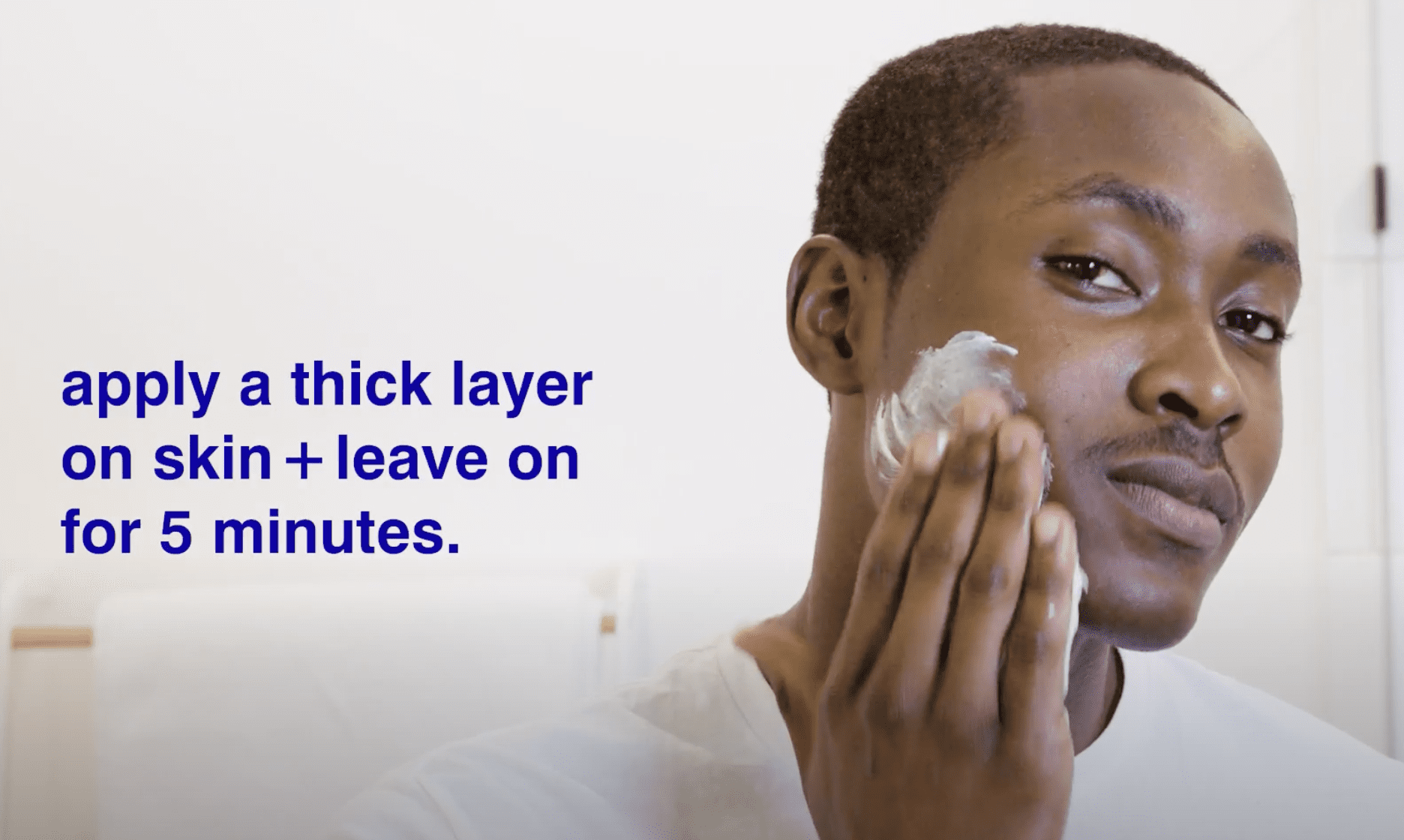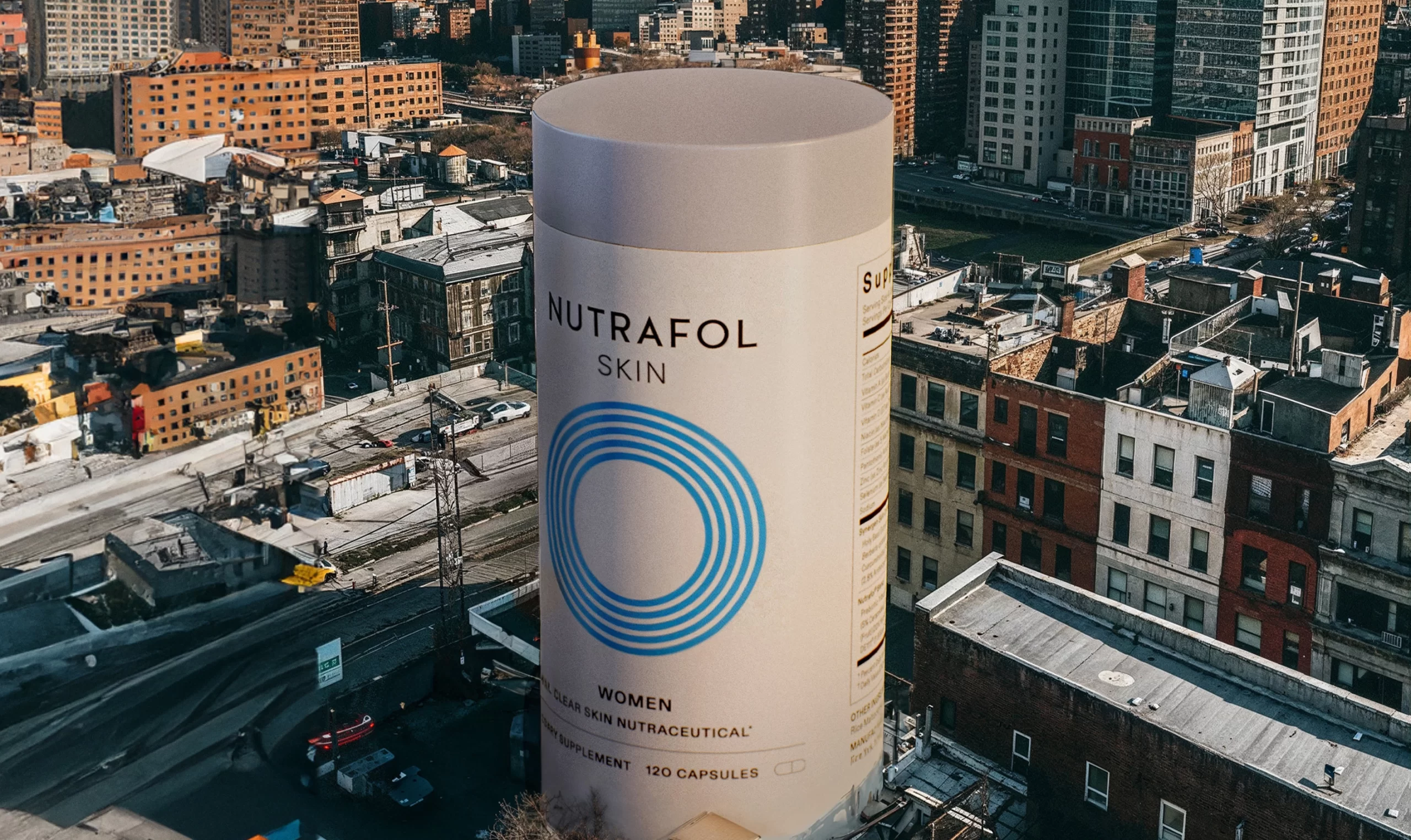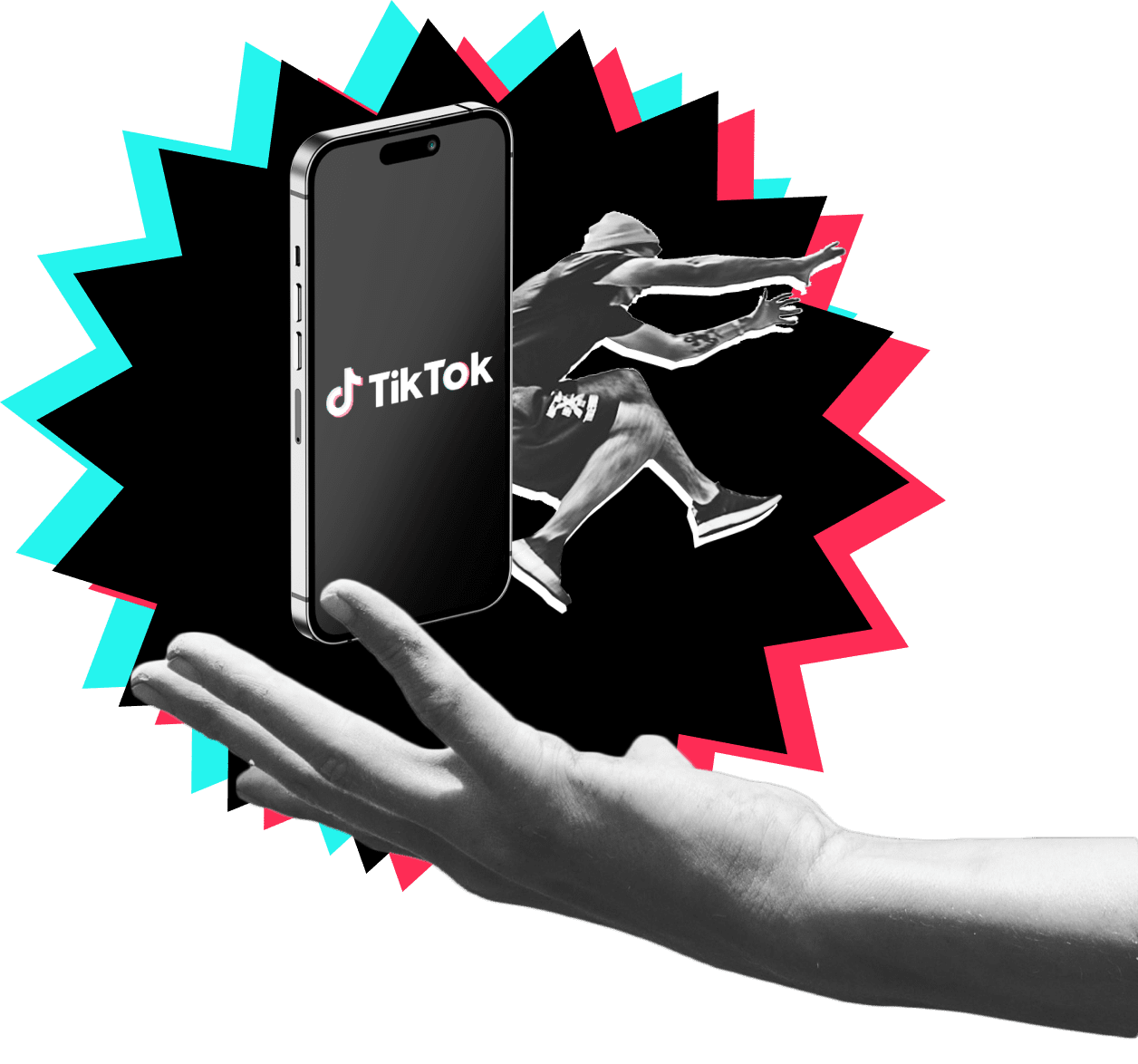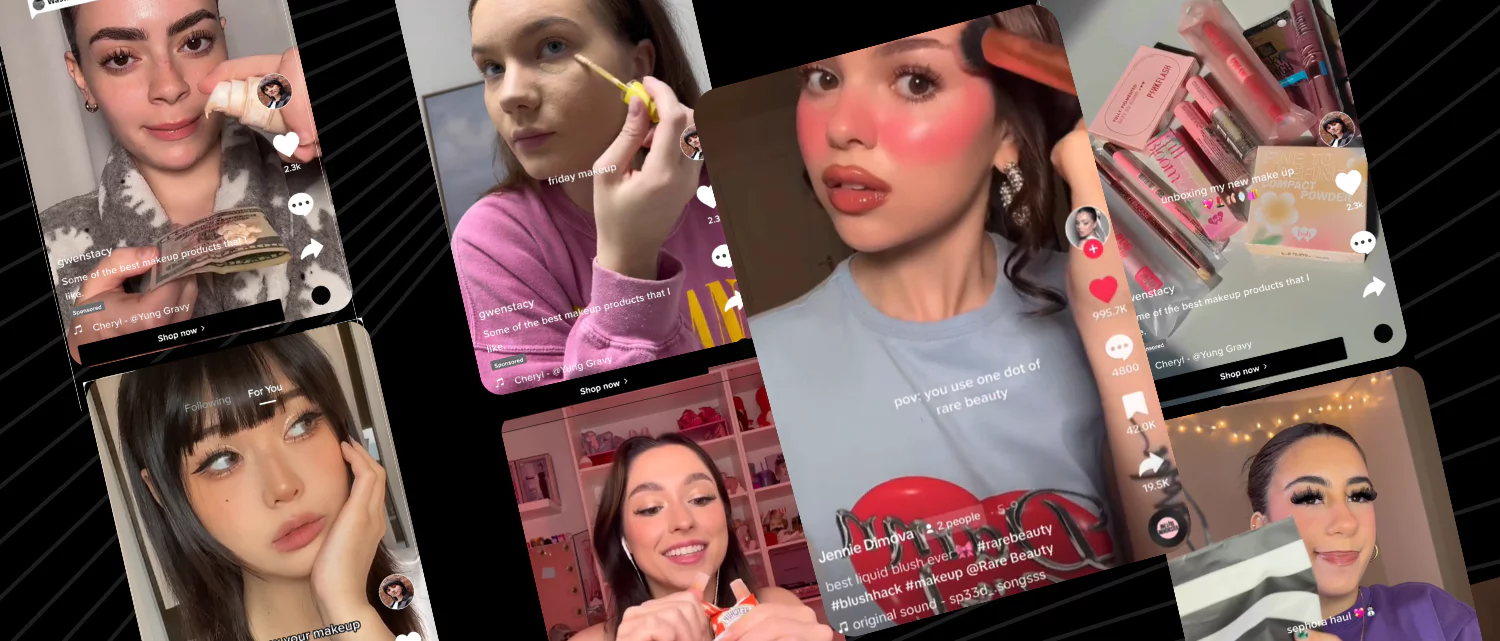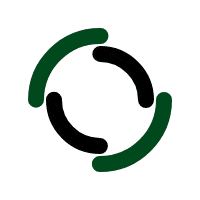In a recent episode of the Beyond Beauty Podcast, the host engaged in a compelling conversation with Brian Murphy, co-founder of the renowned footwear brand Loeffler Randall. The discussion delved into Brian’s entrepreneurial journey, the challenges of starting a brand in 2005, and the evolving landscape of entrepreneurship today. This blog post will break down the key insights and actionable advice shared by Brian, providing a comprehensive guide for aspiring entrepreneurs and those interested in the beauty and fashion industries.
The Journey of Loeffler Randall: From Inception to Success
Background and Early Challenges
Brian Murphy’s journey into entrepreneurship wasn’t a straightforward path. Initially drawn to creative industries, Brian attended a liberal arts college with a business focus and later pursued postgraduate studies at the Portfolio Center in Atlanta. His career began as an art director and graphic designer in New York, where he met his future business partner, Jesse. Their complementary skills—Jesse’s focus on business management and Brian’s on creative—set the stage for their future collaboration.
Starting Loeffler Randall
In 2005, Brian and Jesse launched Loeffler Randall, initially considering handbags but ultimately gravitating towards footwear due to Jesse’s passion for vintage styles. The wholesale business model prevalent at the time presented significant challenges, particularly in distribution and manufacturing.
The Evolution of Marketing: Then and Now
Marketing in 2005
Back in 2005, the marketing landscape was vastly different. Traditional channels such as print, television, and radio were the primary means of reaching consumers. The absence of social media platforms like Instagram and TikTok made it challenging to create direct connections with customers.
Modern Marketing Strategies
Today, the barriers to entry for starting a business are lower, thanks to digital marketing and social media. However, scaling a brand remains a significant challenge. Brian emphasizes the importance of creating high-quality products and authentic brand stories to stand out in a crowded market.
The Entrepreneurial Landscape: Challenges and Opportunities
Lower Barriers to Entry
While it is easier to launch a brand today, scaling it is a different story. Brian discusses the current trend of niche brands and the varying definitions of success in entrepreneurship. He suggests that many entrepreneurs today may prioritize lifestyle over traditional metrics of success.
Building a Sustainable Business
Brian critiques the culture of celebrating fundraising announcements, likening it to borrowing money without a clear plan for repayment. He advocates for building a sustainable business model that generates positive cash flow from the outset.
Personal Reflections and Advice
The Importance of Resilience
Brian likens the entrepreneurial journey to a roller coaster, with its ups and downs. He emphasizes the importance of resilience and the ability to navigate both successes and failures.
Balancing Ambition and Well-being
Brian candidly shares his struggle with the relentless drive to succeed and the importance of finding a balance between ambition and well-being. He stresses the value of sleep and self-care in maintaining both mental and physical health.
Conclusion
The episode of the Beyond Beauty Podcast featuring Brian Murphy offers a wealth of insights into the entrepreneurial journey, the evolution of marketing, and the importance of resilience and authenticity. By focusing on product quality, building sustainable business models, and maintaining a balance between ambition and well-being, aspiring entrepreneurs can navigate the challenges of the modern business landscape.
Podcast Transcript
Speaker 1 00:00:01 Welcome to the Beyond Beauty podcast, a platform to highlight the beauty industry’s talent, deconstruct their learnings and spark ideas for your own business. The Beyond Beauty podcast is created by Dillie, the leading creative agency working with the fastest growing brands and beauty. Here, we’ll interview guests from major beauty corporations, creative directors, influencers, founders and risk taking entrepreneurs. Our guests are not only changing the traditional beauty landscape, they’re also innovating in ecommerce, branding and digital marketing. Join us as they share valuable advice, how they launch their businesses, and most importantly, ignite thought provoking conversations across beauty, tech and marketing. Hi everyone! We are so excited today to have Brian Murphy, the co-founder of Loeffler Randall on the Beyond Beauty podcast. So Brian, thanks so much for coming out today to share your story.
Speaker 2 00:00:56 Thanks so much for having me. We share it. Amazing.
Speaker 1 00:00:59 I’m going to dive into Brian’s bio. Brian Murphy is the co-founder, operator, and owner of Loeffler Randall. He has driven entrepreneurial and an experienced operator with a focus on building brands, driving revenue growth, developing and managing accountable teams, recruiting and hiring exceptional talent.
Speaker 1 00:01:19 Brian is best at empowering wonderful people to develop and flourish in new or challenging roles critical to business success. He’s grounded in learning to do more with less budgeting and resourcing strategy and planning to avoid adverse results, and anticipating marketplace shifts in the world’s most demanding retail environments. His flexible mindset and willingness to adapt maximizes his business potential and his own personal growth. Amazing, Brian, thanks so much for coming on the podcast today. Always like to go back to the beginning. How did you get started? How do you get started and fashion and lifestyle? Did you always know you wanted to become an entrepreneur? Where did it all begin for you?
Speaker 2 00:01:57 It’s hard. This is a 20th year doing this, So it feels like a long time ago. No. Did I always wanted to be an entrepreneur? No. I liked the idea of working in creative industries. I went to a traditional liberal arts, business focused college, which probably wasn’t super entrepreneurial. I’m not from a super entrepreneurial family. I wanted to work in advertising.
Speaker 2 00:02:23 It didn’t really know how to start, didn’t really know how to get into it. I went to post graduate school in Atlanta, which was super formative for me. It was called the Portfolio Center Atlanta. It’s now called Miami AD School Atlanta, and that was amazing. That was a total redo. And from there I worked in New York as an art director, graphic designer, creative. This is pre-digital. Jesse and I met actually working at an ad agency in the late 90s, and I think we liked working together. We enjoyed. She was on the business management side, actually. I was on the creative side, so our roles have totally inverted over time. I think we just started because she really was led to fashion design through her creative network in the city and began. She was a designer self, really self-taught. She’s an incredible artist. She’s an incredible drawer and also very technical jars. So she was able to work at the Gap Inc for Banana Republic, is a handbag designer and assistant designer for banana.
Speaker 2 00:03:37 And while we were dating and then I can’t remember after we were while we were engaged for three years because it was nine over 11, then I think my job got really difficult. I think I went freelance then her, she changed jobs. She had just started and so we never really had an easy place to plan the wedding until. So it took a long time. But we started the business out literally, like right after we right after that. And so that was fall 2005.
Speaker 1 00:04:11 Wow. And did you know what product you were going to start with or have a hero product or.
Speaker 2 00:04:16 No, I think she assumed that we would do handbags, but then she liked footwear more always. She was always footwear person who was more drawn to vintage footwear. It’s a different era. This is the sex and the city of Manolo Blahnik stiletto era, and her and her group of friends really did not gravitate towards that. And it was they were wearing anti not anti fashion but vintage mid heels. Things that were older I can’t remember vintage Stuart Weitzman vintage stuff that kind of looked the office where maybe from the 80s and so I could see that was more where more of her passion and drive was.
Speaker 2 00:05:01 And then, quite honestly, this is a wholesale business, right? Almost everyone who started in my time was a wholesaler. Right. Except for that’s that was the end channel distribution. There was a lot of multichannel retail. There was not a lot of brand owned retailing, and there was no internet. With footwear, there’s a lot more sizes per SKU. So you’re selling one order. A full size run is ten units, 12 units. Sometimes for them to order three sizes, we’d have 36 units where they would place six of bags, six bags or so. The business could be six times as big. Just by the nature of what you’re selling. And that’s why those apparel, that’s why it’s a similar issue in apparel, is that if it’s not sized, you could just sell small, medium, large or. But it really can be a 3 to 5 styles per For skew. We’re in footwear, it can be up to 14. So you can just generate a lot more volume and become more important more quickly through firmware.
Speaker 1 00:06:06 I know I’m trying to think of putting the mindset back around the 2005 time and what a different world it was. And you said it wasn’t. We were running a direct to consumer site and running paid ads to it or digital marketing, and at the same time you didn’t have Instagram, you don’t have TikTok. So how do people find out about things? It was TV shows or magazines or word of mouth, and there was only almost a few different ways to influence someone versus now you have the niches of TikTok and all the different creators on an Instagram, and then you’re running different ads through different blogs and websites and news channels through direct to consumer sites. Wow. So it’s such a different world. So such a different almost like a 180, I would argue now to 2005.
Speaker 2 00:06:49 I was thinking about this on the way in today. It’s so weird as well. So my background is in creative and advertising, right? Marketing. And that’s probably what we’re worst at in terms of reach, right? We haven’t.
Speaker 2 00:07:03 I think the content and the creative that we do is amazing, but it’s just not seen, like the stuff that I worked on and I worked on. So I worked in advertising, literally pre-digital. There was three channels. There was print, television and radio. Right. There was a whole discipline around radio. And now, yeah, you’re saying it’s so fractured, it’s so wide and it’s there’s such a huge I think it’s what they it’s this whole marketing sub profession around this funnel. Right. Everyone wanted to talk about the top of the funnel in the middle of the funnel lower funnel. And there are probably more smart, driven, brilliant people focused on different aspects of the media consumption funnel and how to monetize that, then are trying to solve world peace. There’s a crazy number of people focused on this sales funnel. I have a real mix of feelings on it. Ultimately, a great work is great work and it will get seen if you do it. If you do stuff that is meaningful, is has great taste, is on trend, people will go, people will find it.
Speaker 2 00:08:18 Right. And every brand I think ultimately that succeeds or fails, it has to live and die in that product eventually, no matter how good your lower funnel conversion metric is, if the product is not good, at the end of the day, people won’t return to it, and that our brand is a largely a product driven brand that women have embraced by shop, where because the price to value ratio is very high and the products made to last right and the products. So many of them are beautiful. If you look just so beautiful, and that team is so talented and skilled, and I think the way we talk about it now in marketing is very authentic, very real, very interesting to me, and I think very well done. I wish we had the money to to blow it out. I wish people could see it everywhere. I think it would really drive a lot of growth in the business, but it’s simply too expensive. Secondly, I think that it’s not available, right? You cannot capture those amounts of eyeballs in one place at one time.
Speaker 2 00:09:28 You were able to if you would do a one minute commercial in front of the summer film. I’m trying to come up with a reference of something in 2000. I see even early 2002 to even earlier when I started 1997, come one build up. We used to I worked my last job in advertising. I worked on IBM and if they would roll out a new product, whatever it was, they would link it every airport in the world with giant backlit. And it was for a server, you’d be like, that’s a lot of $100 million media buys for, I don’t know, a pretty niche product. That was a lot of advertising for servers. There’s only so many, but it’s hard. I think it’s hard to accumulate the number of eyeballs you need for scale in this media matrix, where it is so fractured.
Speaker 1 00:10:15 And an interesting point stepping back to is I’d love to hit on the the entrepreneurial side to of it, because starting a brand in 2005, I would argue is very different than starting a brand today.
Speaker 1 00:10:25 And so what we hear a lot of from other entrepreneurs too, is people are saying we don’t need another entrepreneur, we don’t need another product, we don’t need another brand. And yes, I think right now what’s beautiful about people starting businesses, it’s usually going after a niche. I always think of the person saying, I want to start the shoe that looks good in corporate America and fancy enough for a legal job. It is still comfortable. Or maybe the person making skin care for someone who’s has eczema prone skin versus just a blanket, moisturizer or blanket high heel shoe. So that’s great. But at the same time, people are saying everyone’s entering the space because there’s lower barriers to entry. As in, now we understand who’s manufacturing it, like through the internet or through social media and saying, this is how you start your LLC, or maybe this is how you start to fundraise. But at the same time, just because you can start a brand doesn’t mean you can scale a brand. However, on the flip side, going back to 2005, it was more mysterious.
Speaker 1 00:11:21 It was harder to find the manufacturers, I’m sure, and beginning a business plan. You couldn’t just go on the internet and say, what did XYZ company do in a case study and replicate it, right? I guess this is a two part question of how did you really navigate the world of an entrepreneur back in 2005, and what are your thoughts today on the lower barriers to entry? Yet the difference between starting and scaling a brand is very severe as well.
Speaker 2 00:11:50 I think there’s so going back to 25, 2005 starting. Look, there was still look. Tons of startups coming out of tech. Tons of entrepreneurial energy. I think that kind of the impetus to have your own voice or to have your own business, I think really. I think a lot of entrepreneurs are driven by the idea of control or mastery of the message and a point of view that they feel is unique. So I think that hasn’t changed. I think, yes, it was pretty mysterious how to start really just about the distribution, right.
Speaker 2 00:12:25 You had mentioned about how do we find a factory? And there’s this famous story about Jesse and I. We had this prototype. We had one prototype that we wanted to design. This was a mid heel pump. This is so old. Mediheal pump. It was named after her grandmother. And we sent the tech drawing to three different factories. And I think they were a people that we knew through the gap. Or we knew like someone from the gap had introduced us. It was this weird kind of cottage network. We were working with these factory agents. This was a big business in Italy in the 80s and 90s. And it was the Three Bears, right? One one factory hadn’t made the sample and they didn’t really want to work with us. The other factory had made it, but it was wrong or it was super sexy. I can’t remember what exactly was wrong with that sample, but it just was a weird fit. We didn’t get a good vibe. That was in our third factory, so we’ve been driving around.
Speaker 2 00:13:27 There’s a mid-tier industrial area in Italy from Florence to Pisa. It’s not mid-tier, it’s very high end now, but at the time it was a mid-tier Italian manufacturing zone, and this factory had it and was perfect. It was honestly a weird video game. It was. So we worked with them exclusively. I don’t know, for a while, a couple of years and they were great. And that was also in a time where you could manufacture in the EU, and it’s a lot easier to manufacture in the EU. It’s a lot less just it’s a historical, it’s quality control. So it was hard building that initial network was just a lot of learning on the fly. How do you negotiate a line of credit? These are things that people don’t use anymore. LC, which is like a standby letter of credit. The industry used to work hard core on standby letter of credits and it’s almost disappeared. It’s crazy how to get insurance, how to get shipping insurance, how to get stuff air freighted.
Speaker 2 00:14:25 We our first office. We sublet the back of a room in Dumbo which was look, not much has changed. It was still nice, but it was an olive oil importer. It was. So it was. He was Italian, so he happened to know a freight forwarder and he entered. Who did win. So I think our initial shoes were being sent. And this is also common because that’s their main export food and wine and high end accessories. And so it’s just cartilage together. My opinions about the kind of dynamics around today, I think you noted on beauty a little bit, which I don’t know much about, but I just will talk about general consumer startup environment. Everything can be true. We don’t need more founder entrepreneurs in hyper niche categories until we do, right? Who’s going to be the next nerf or who’s going to be the next Levi’s? It’s never been easier to start a business, and it’s never been harder to scale or to survive as a business, but I’m not sure many of these founders need to survive or pay themselves.
Speaker 2 00:15:30 There seems to be a breakeven. He works with their person. It’s like a life. It’s their lifestyle is a fountain. Yeah, or they’re a creator lifestyle. I think that’s interesting. It doesn’t have to be. My goals always were 100 million. Were half $1 billion business or bust right there. Probably an 80s 90s mentality. It’s a raffle. And but in a lot of ways that drive that kind of motor, that kind of persistence in trying to be 100 to that might not be optimal in this environment anymore. It might not even be possible. I don’t know, like I go back, I see these creative, I do I see these I’m talking about things like Dairy Boy or Girl Avenue. You can build a pretty good business, and it doesn’t seem they’ve got hundreds of people working there, and it’s probably a pretty good, it seems, a pretty good lifestyle from the outside, of course, but there’s a lot to be said for running a clean $250,000 a year business. If you’re taking home 100 grand and you’re having fun doing it, and then maybe you’re making another 125 grand on affiliate sales.
Speaker 2 00:16:40 That also to me looks successful. So I think there’s just a lot of different outcomes. I think we come from a more binary. My trainings from a more binary outcome. You either 500 million or you’re zero. I don’t know if that’s as true.
Speaker 1 00:16:55 That’s a good point. Two is what we deem as success today. And I think a lot of people you mentioned control as an entrepreneur. And that makes sense. You want to steer the ship. You have a vision versus just being another cog in the wheel. And there’s also something about having freedom in today’s world and whether it means working remotely, whether it means maybe taking that longer vacation or being able to go to a yoga class at night, whatever it is, however, whether it’s contrived or not, or spending more time with your family or kids or working at different hours, there’s success means something different to everyone, and it’s a very different world because of that. And there’s dev. There’s so many different avenues of which we can pursue that success, and there’s so many careers that are today that are different than they were ten, 20, 30 years ago.
Speaker 1 00:17:39 So the ups and downs and now it’s really about what works for you as an individual and what works for you as a part of society.
Speaker 2 00:17:46 I do think that there is an overlooked benefit towards being the cog in the wheel. It’s not bad. I would highly encourage any entrepreneur to spend some time being a cog in a wheel, because I think it’s really important to learn these processes. It doesn’t help many. You’re not super helpful to a ton of people if you don’t know basic office how to operate inside of a team structured environment. It’s not just it’s hard, right? These life, these business lifestyles are hard. And I think places at Deloitte are getting a little bit of a short, like they’re really good places to learn and you get paid a fair amount to work at these places. And there’s a, there’s way de-risked as well. And I don’t know, part of me think that the value of those cog roles have are to or oversold. I feel we should maybe have some More. There should be a little bit more emphasis on some of these fundamental stuff, because I think people have tired a bit of seeing like the real expensive, beautiful launch and then the Phoenix.
Speaker 2 00:19:02 I see there’s too many Phoenix brands right now, way too many. We need more slow build.
Speaker 3 00:19:08 Yeah, yeah.
Speaker 1 00:19:09 And stable, she said. Actually drawing in a profit and building a company versus just.
Speaker 2 00:19:13 Yeah, I think contributing to the building a greater ecosystem around their business and with other businesses. I think that’s valuable. That’s how this whatever what do they call this now, post capital or peak capital. That’s how that structures what we’re supposed to be integrating and working together and sharing mutual goals I think. But I love the entrepreneurial drive. I’m always optimistic about these things I think.
Speaker 1 00:19:39 What has been your the highlights of your career so far? What have you enjoyed the most and what has shocked you the most of something you never expected that you would either have to manage or come across or build.
Speaker 2 00:19:50 That sounds a little way, right? It’s I’m the optimist in this business. I’m the pure. I’m more of the true entrepreneurial. I can I think, definitely can. I’ve definitely envisioned this business as a 12 store, $500 million international business with beautiful boutique in London and Tokyo and Paris and three stores.
Speaker 2 00:20:13 I see this in my head easily, but Jesse’s really pragmatic, very realistic, very frugal, very thoughtful, very. And also is a designer, right? Is she’s not a founder. She’s not a creator. She is a someone who really is product centered. And so it’s weird because that dynamic helps and hurts us, right? Because we have not been able to scale probably where we really should be. This should be a much bigger business after 20 years. But it was the best thing about it is that we’ve nothing’s been shorted the product still as good now as it’s always. It’s probably better than that, but it’s just the quality of how we’ve only gotten better, I think at that. And we’ve definitely only we’ve definitely gotten better at how we photograph. We used to photograph at ourselves and our house. It was like, yeah, there’s something to be good. There’s I think with every level of freedom that it gives is a highlight. I think the biggest highlight for me so far, or just recently, was we opened that we opened a store in Charleston in October of last year, and it just looks so good.
Speaker 2 00:21:26 And I was, wow, this is great. And but every time I’ve had a highlight, it literally there’s a right after. So there’s a picture of Jesse and I sitting on the couch in our reception, and we had just launched our website and I was so thrilled. I was, oh my God, what a great project. Loved. We worked with this great creative team. These girls named Lucy and Anya or Anya, Lucy and everything had come together and it was now on Shopify and I can see myself. And it was literally three weeks before Covid. It was February of 40. And then I feel every time I hit a highlight, it’s that’s the it’s the cartoon. There’s the sledgehammer.
Speaker 1 00:22:04 That or it’s a roller coaster. A lot of people compare it to a roller coaster of you. There’s going to be highs and there’s going to be lows, and it’s not an even keel life. And so how do you step back? And when you do have these big wins, how do you almost put it in a bottle and savor it and say, this is amazing, congrats, I did this.
Speaker 1 00:22:22 Recognize your accomplishments, your hard work, your time and energy, and then also know that when you when you reach your lows at the same time, you can say, this too shall pass the same way. Your highlights were only there for a moment in time. Then maybe your lowlights are only there for a moment in time, and it’s on to the next. And it’s this almost this form of resiliency that I think a lot of people are forgetting and that what I love about entrepreneurs is they are the people in this society that are continuing to be resilient in a very tough world right now, and they’re used to the roller coaster. And so how can they teach everyone else to persevere because their life is not a cakewalk or they’re not taking a simple way out? There’s probably many people that would argue of there’s such a more seamless way to live your daily life, but it’s something about this continuous desire to build and the excitement to build, which I think sets someone you apart from many other people.
Speaker 2 00:23:18 I think with the highlight.
Speaker 2 00:23:20 So the highlights, being able to appreciate the highlights, something I’m terrible at there has been, I said after we did the site, I was that was a day and then Charleston I felt day, but I swear to God the lowlights feel forever and the lowlights are long. There have been some really tough lowlights here, especially during Covid. Covid was very traumatic in a lot of ways. We were at a really weird scale for it with some of our kind of more trusted party, like just everything stopped. It was that was that’s still I feel it’s something I’m not. I think I was way more a risk. I don’t know, I feel the lowlights. I think Jesse and I dwell on the lowlights probably way more often than we should and do, because that’s maybe just our nature, or just those are maybe where the biggest learnings come from. We my kind of most formative work experience was that a advertising agency and it was called Fallon McElligott and based in Minneapolis. But I worked in the New York office, and I swear to God, we would drop a commercial and it was never good enough.
Speaker 2 00:24:37 And this would be the hit of the Super Bowl. These are tremendous ads. They were so great. They were it was such a wonderful, tough, hard place to work so hard. But no one was ever good enough. And it was great. I don’t know, I don’t know if you have that mentality. I don’t know, it just was this continual.
Speaker 3 00:24:57 Continuous.
Speaker 1 00:24:58 Refinement of there’s always.
Speaker 2 00:24:59 Some next thing had to even be better. And it was this kind of in turn, in a lot of ways, I hate to use sports analogy, but it was it was a lot of ways, even if you just had the best ad in the Super Bowl, I never did. That was never me. But next year, that is where the bar is at this firm. And there’s two other firms, three other. There was only four firms doing this kind of work and it was awesome. It was very formative. And it I think a lot of ways, honestly, when I went to graphic design school, I was it’s never I just have always felt this isn’t perfect.
Speaker 2 00:25:30 This could be changed. And so that can be an impediment towards because eventually you have to ship, right. You’ve got to ship the stuff that really bothers me about tech startups. That is the number one thing I hate about tech.
Speaker 1 00:25:44 MVP, right? You just got to get it out the door. Might not ship.
Speaker 2 00:25:47 They ship product that is not ready to be shipped all the time. Apple. Apple should not be sending me a system update. And then literally the next day I get another one. I’m dude. Who? That would never happen.
Speaker 3 00:26:00 Where? Right. That’s true.
Speaker 2 00:26:02 That would.
Speaker 3 00:26:03 Never happen.
Speaker 1 00:26:04 It’s okay for a software company, even one of the largest companies in the world.
Speaker 3 00:26:08 It’s not okay if no company.
Speaker 2 00:26:11 I worked at Ogilvy Mather. If we had shipped a wrong ad, it would have been World War.
Speaker 3 00:26:16 Four.
Speaker 2 00:26:17 In there. And I swear to God, Google the oh, sorry, we just dropped your data and we’ll update the software. Dude, I don’t want an update.
Speaker 2 00:26:24 I want your software to be perfect when I get it. And I think entrepreneurial world is tough. I think beauty even more just seems incredibly chopped up right now. That seems really bloody and so many interesting people, so many interesting women, so many interesting products. Right? But man, it’s a lot. It’s all look the same way. These are crowded businesses. These are fun, passion businesses that people want to be a part of.
Speaker 1 00:26:53 And how do you tell your story? How do you stand out? When is it time to enter versus exit versus jail versus stay where you are?
Speaker 2 00:27:01 One other my other my. This is just my other piece of advice for everyone is that do not focus on fundraising. You have to focus on building a product that is dollar positive out the door to support. Look at it. This is going to support. And the. My huge pet peeve is when people drop these fundraising announcements we’ve raised. That is just a thing. Hey, we’ve borrowed money that is payable back at some undetermined date that we’re not going to tell you, and they’re expecting somewhere between an eight and 25% return if it’s non VC and if it’s VC if it’s VC, they’re expecting an 800 to 1 return.
Speaker 2 00:27:45 And most of those metrics are impossible for anyone. Like you could have the best business in the world. You could be everything perfect. And if you’re a 2 to 1 return for VC, you you’re not a good return for them. So it’s why am I taking that kind of money? I think it’s really important to set up a framework for success where you can operate without fundraising, because fundraising is gross and fundraising is full of people with wrong incentives, disincentives and add a level of pressure that is not possible. And I just I don’t know, it’s to me, it’s just weird how many people celebrate borrowing money. It’s great.
Speaker 1 00:28:29 It goes back to living through the housing market. Right? Is everyone buying a house that outside of what they can afford? And it’s very much in this country. There’s there is this notion of keeping up with the Joneses. And I think especially right now, I’m hearing as a millennial who lives in Los Angeles, buying a house seems almost impossible because of the housing prices.
Speaker 1 00:28:51 And so there’s a lot of how people get houses, how people don’t get houses, and there’s a lot of smoke and mirrors to I would argue, I think New York is pretty similar to Los Angeles in that way. And so I think it relates to fundraising of what is real, what is not. And why can’t we just commit to something of what we’re capable of building towards, and especially with businesses, is you don’t always need to have a stockpile of cash to start a business. How can you be scrappy? And maybe it’s something you work on the side, or you save up your own money on the side, or start with a product that’s profitable, whether it is software or physical goods or service, and then see if there’s a product market fit and build it from there. Versus that goes back to the keeping up with the Joneses and smoke and mirrors. Why can’t we just be more transparent and true?
Speaker 2 00:29:35 I think just the mindset is important. Where you have to be. Hey, I need this business to support my life and what kind of money needs to be coming out of it and how fast.
Speaker 2 00:29:49 So Jesse and I didn’t pay ourselves for two years. We also didn’t pay ourselves during Covid, which was a lot harder because we had 214 year olds and a 11 year old or so. It was that experience to me was still okay. This is not. And so yeah, we were lucky. I worked as a I worked freelance at the Jesse did too, I think my dad did not want me to start a business. He did not want Jesse to leave her job, and he did not want me to leave my job. And I can’t remember what had happened. But there was a first. Jesse and I had $100,000. Somehow I think it was either something through either. partly from our wedding or stuff that we save. An award I had won an advertising. I had $50,000. We had $100,000 to start Loeffler, Randall and I. So we were in we were doing it flying to Italy, getting the shoes made, getting ready to go to market. And I remember him being it’s been hard.
Speaker 2 00:30:57 Our relationships really starting to get hard because I don’t feel you’re really supportive of Jesse and his venture, what we’re going to be doing. I’m still working and feels and he’s we you think we’re going to fail and he’s I don’t think you’re going to fail. I know you’re going to fail.
Speaker 3 00:31:13 Well, and.
Speaker 2 00:31:14 I was this is tough. And look, you and I, we have to take a break and look, we’re newlyweds. Jesse and I are newlyweds. And he loves Jesse. And he’s. He has an apartment in New York City. We see him a lot. And he’s was super charismatic guy. And so we didn’t speak for a year and a half.
Speaker 3 00:31:32 Now.
Speaker 2 00:31:33 And then he I might have all his timing wrong, but he we had reconnected after he had seen the initial success of the business and our first season. We opened up a lot of prestigious doors. We opened up Bergdorf Goodman and we opened up some real prestige boutique business. We had sold a lot of this product.
Speaker 2 00:31:51 I can’t remember how much. I think our first season we sold, I want to say 750. I said, Megan, just note to myself, I gotta refresh my own history. But we reconnected. But then he passed pretty shortly after that. So it was. We patched it up, but it was a close call and it probably wasn’t optimal. People don’t want to see you succeed. I want to see these entrepreneurs succeed, but not everyone does. People want to put you in these boxes. Oh, you’re the fun girl from college. You’re not. You’re not a beauty entrepreneur. You’re the nerdy science girl. You’re. And I think I was the guy who was never going to. The guy who was working in creative advertising and was always going to his life, was to be a little up and down and unpredictable. Five years later, he’s the founder of a women’s footwear business. People don’t when you move out of that frame that they have you in. And especially I think you and I share a very similar background right from our background.
Speaker 2 00:32:53 People really want you framed. They want and it’s a very traditional place. It’s a very traditional background. They want the kids, they want the thing that they want you in the house, the perfect.
Speaker 1 00:33:05 And if in certain parts of the country, even moving to work is a shock to most. Yeah.
Speaker 3 00:33:11 For sure.
Speaker 1 00:33:12 And it’s the epicenter of the US. It’s one of the coolest cities in the world. It’s has more culture than any other part.
Speaker 3 00:33:18 It’s funny that you.
Speaker 2 00:33:19 Say that because when I researched to do this and I was, oh, wow, that’s cool. She lives in Los Angeles. That’s pretty rare for people. That’s even more rare than living here. From where we’re from, it’s pretty rare. Oh. How’s L.A. They say it. It’s awesome. Yeah.
Speaker 4 00:33:33 Credit rating only last year. Yeah.
Speaker 2 00:33:35 So I it’s just a weird environment that we’re from. And so I think those things are self-imposed. And you just have to work with yourself to get comfortable with the risks.
Speaker 2 00:33:47 I do think the risks are undersold, but being an entrepreneur as well.
Speaker 3 00:33:52 It’s kind of like.
Speaker 2 00:33:52 Fun if it gets if it goes south, it’s.
Speaker 3 00:33:55 Ugly.
Speaker 1 00:33:55 But that risk to that, it’s it is. There’s a seamless path and there’s a path that you’re going to construct on your own. It’s almost painting your own picture, writing your own story, and saying, maybe this wasn’t done before and maybe I can’t. I’m not mirroring someone else’s life. And a lot of times, and what the root of this podcast is, is really about that first thing earlier is that coffee chat advice. Sometimes if you look at someone’s career and you want to replicate it, then you go get coffee with them and say, how do I start? What’s next? What’s my second job out of school versus a third? And so on. Who do I meet? And then within an entrepreneurial role is there’s no replicating someone’s role. And at the same time it’s we can write our own story and we can say, what part of the world do we want to live in? Where do we want to be in ten years? How do we want to make our own lifestyle? And I think that’s really special.
Speaker 1 00:34:42 You said, yeah, it’s not easy because not everyone wants you to succeed and very few do. But when you do succeed, then you have a moment of you’re not even looking back. You’re just saying, I’m happy, almost for myself and the loved ones around me, that I could have built something better. And maybe it’s a five second pat on the back, but you’re just on to the next because you continuously are building. And it’s not a walk to a monument. It’s a continuous walk just to enjoy everything around you. And I think that separates us from many other people. But it’s again, it’s building a lifestyle of which you want to pursue.
Speaker 2 00:35:18 I’m worried about this LA housing crisis now.
Speaker 3 00:35:21 I’m going to.
Speaker 1 00:35:21 It’s very violent, I’m sure, like New York too. My sister lives in New York and she’s always chatting about her studio, but she’s at the same time I get to live in Soho and have a big world. But you said with fundraising in a business is that there’s definitely a lot of smoke and mirrors here.
Speaker 1 00:35:35 And if you look at the cost of living in LA, but at the same time, what a beautiful place to be able to walk a few blocks to the ocean or hop in your car for 20 minutes and you’re in Malibu. Like the 12 surfing reserves and the world. And at the same time you can go to, I don’t know, somewhere inland and you can go to a vineyard, you can go skiing and you can go surfing in the same day. What an interesting place. And so it is special at the end of the day. But as we I’ve totally kept you so much longer than I promised you that you would have time for. We are going into our final question. I could sit here and chat all day about so many things, so maybe one day we’ll have a part two if I’m so lucky. But our final question is where do you sit in the stands in your life? And so not necessary to go back to another sporting reference, because I know we have a lot of sporting things in our past lives, but it’s all about where do you sit in the stands in your life? Meaning imagine you’re at a football game or a basketball game and you’re sitting there saying, why did he tossed the ball to him? Why did she run down the sideline? Or maybe you’re at the theater and you’re saying, why did she deliver her monologue that way? Or why is she in this costume? Or wherever in our life where we’re sitting back and we’re commenting, but we’re not in the thick of it? And yes, these athletes and performers, they can’t hear us.
Speaker 1 00:36:48 And so we’re still telling them what to do in our lives. We sit in the stands and maybe it’s in our iPhone notes of something we said we’re going to do two years ago. Or maybe it’s a post-it note on our bathroom mirror saying, we will get this done by the end of the week. And many people say, how can I start committing to something? How can I stop doing something? What am I most looking forward to? And what’s interesting about this question? It comes from a mel Robbins podcast, but everyone interprets this question so differently, and many times it’s a blend of professional and personal. But where do you feel, Brian, that you’re sitting in the stands in your life, and what does that answer pop into your mind?
Speaker 3 00:37:27 I was thinking.
Speaker 2 00:37:27 About this the other day, not this question in particular, but I don’t know why I was.
Speaker 3 00:37:33 Thinking about.
Speaker 2 00:37:33 This, but there. I’m not sure when this happened to me because it didn’t happen in college, right? High school? College, a couple years out of college, didn’t.
Speaker 2 00:37:46 It was not clicked in. It was not locked in. As my kids say, they’re what developed a portfolio center. Was this thing where you have a really hard time going to sleep at night. If I don’t check off the major decision project, I whatever it is that has to be pushed forward that day, be it have to work that out that day until it’s no matter what time and when. You’re a graphic designer that a lot of times that’s you’re up at two in the morning, you have the three of them. And I always loved that, I loved that, I loved I truly love working 24 hours straight. I have that movie to show the bear. Some of it is that I’m watching that show again. I’m. Whoa, that is so much this business. So that is a blessing and a curse. I where do I stand in my stance? I literally will not leave until I feel. Here’s a good example. Here’s just a concrete example. We want to open a store in London eventually, and we’ve been close 2 or 3 times now.
Speaker 2 00:38:56 Specific opportunities, specific price range, specific neighborhood. I can totally envision it. We love that market. We love the people. There’s so many positives about it. When we were in the thick of kind of negotiating one there six hour, five hours ahead. So I would start getting emails at three in the morning. And so I would start waking up at four in the morning and being super focused for three hours trying to get this project to come together. And I almost couldn’t. I don’t know, that’s been a it’s a blessing. It’s become a little bit of a curse now. Now, this is a bit of a curse.
Speaker 4 00:39:33 I need my sleep.
Speaker 3 00:39:34 Yeah.
Speaker 2 00:39:34 I used to love it. I used to love it. I could really drive. I’m not saying everyone needs to have that. That’s just where I am in. And you’re saying in the stands. I think I’m in the stands. I’m starting to recognize that. I’m don’t know when that energy that’s required to work at that output, how long it will last.
Speaker 2 00:40:01 Meaning, I was just thinking, man, are you going to be doing this when you’re 75? You’re going to be cranking out this work for am, I don’t know, maybe. Or do I need it? And I almost don’t want my wife to listen to this now. Oh my God, do I need it to does that. Is it essential to know you know what? I got to be honest, I went through high school and college, and I never felt that I knew what I wanted to do. And then once it clicked, it’s been. It’s so overwhelming in.
Speaker 3 00:40:31 A way.
Speaker 2 00:40:31 That by letting it take control of me, my wife does not. I follow Jesse, I go to work late tonight. I’m here alone. It’s 11 at night. It’s dark. It’s I feel good. Oh, my God, I just feel the therapy bills are the future. Therapy bills are accumulating so high right now. But like it is, I just watched season episode three of The Bear and I was, oh my God, this is it.
Speaker 2 00:40:55 This is exactly. And there’s a new documentary out on what’s his name, Charlie Trotter. Oh, and that was oh my God, it was so much that I was oh my God, this is a huge unlock for me. But I’m not going to say it’s healthy. And look. Yeah, I mean I’m not going to say it’s healthy. I get you have to want that.
Speaker 3 00:41:14 And I think what.
Speaker 1 00:41:14 Separates people too is when people have something they look forward to, whether it is going to work, maybe it’s building a shed in their backyard, maybe it’s a hobby of, I don’t know, painting every single day. Whatever it is to you, how much time it takes or how or the amount or not less amount it takes, isn’t that so? Better than just sitting there, not being excited about anything. And I think whether you want to get up at four in the morning or stay up till 11:00 at night, you’re motivated and driven by something and that’s an intrinsic drive. And not everyone has that.
Speaker 1 00:41:45 And I think a lot of people do go through college in high school where they’re saying, why am I learning this? This is not of interest to me. And then they get out into this world of business. Or maybe it’s art, whatever it is, and it’s that passion and that excitement. And I think that’s when you become who you really are as a person, because it’s something that from within you, lets you keep going versus someone telling you what to do of turn your homework in on time or write this paper. It’s no one’s forcing you to build a business. No one’s forcing you to go to work. People are. You’re telling yourself you’re enjoying building something. And so I think that’s a good thing.
Speaker 3 00:42:20 That’s well said.
Speaker 2 00:42:21 I wish it was home improvement or something because it’s not super translatable, right? Like I wish I had building fixing cars. I wish I had another outlet that was also I felt equally empowered by other than I just don’t. I just it’s really forced me to winnow down what I can do, what I can’t do out of the office.
Speaker 2 00:42:46 And it’s probably not super healthy. Let’s be honest.
Speaker 1 00:42:49 I think at the same time, it goes back to that intrinsic motivation. Not everyone has.
Speaker 3 00:42:53 It and.
Speaker 1 00:42:54 That, but most people probably sit. I think a lot of people wake up every day and say, what is my reason to be here? What gets me out of bed in the morning? I don’t.
Speaker 3 00:43:01 Want that.
Speaker 2 00:43:02 That deeply terrifies me.
Speaker 3 00:43:04 Yes.
Speaker 1 00:43:05 So at the same time of yes, it probably in a perfect world, everyone would have 30 to 45 minutes to work out and eight hours of sleep and sit at the table with their family and have dinner together and work seven eight hours a day. But at the same time, it’s a gift of what you have to keep going.
Speaker 3 00:43:21 And sleep.
Speaker 2 00:43:22 Is critical. I really try to get that I it must happen.
Speaker 4 00:43:27 It is. It’s so.
Speaker 3 00:43:28 Critical. Under underrated.
Speaker 1 00:43:30 Both your mental and your physical health comes from sleep, I agree. Find a way to sleep eight hours a day, even if you stay up till four in the morning.
Speaker 1 00:43:37 100% 401.
Speaker 3 00:43:39 Possible if you.
Speaker 2 00:43:39 Do that. But yes, it’s super underrated. Super valuable.
Speaker 1 00:43:44 Brian, thank you so much for sharing your career journey and your advice on the Beyond Beauty podcast. Where can everyone find you? Find love for Randall to get in touch through website? For media.
Speaker 2 00:43:55 Sure. We’re just it’s Leffler randall.com. That’s the best place. And then Leffler Randall on Instagram. And then I love Jesse’s personal Friede at Jesse underscore Leffler underscore Randall Meg and yeah that’s our best.
Speaker 5 00:44:10 Through all the handles as well.
Speaker 2 00:44:11 Please.
Speaker 4 00:44:12 Yeah thank you Brian.
Speaker 1 00:44:14 Thank you so much for coming on to share your story and stories. It was so cool. So thank you. Great way to connect.
Speaker 3 00:44:19 Thanks, man.
Speaker 1 00:44:20 Have a good rest of your day.
